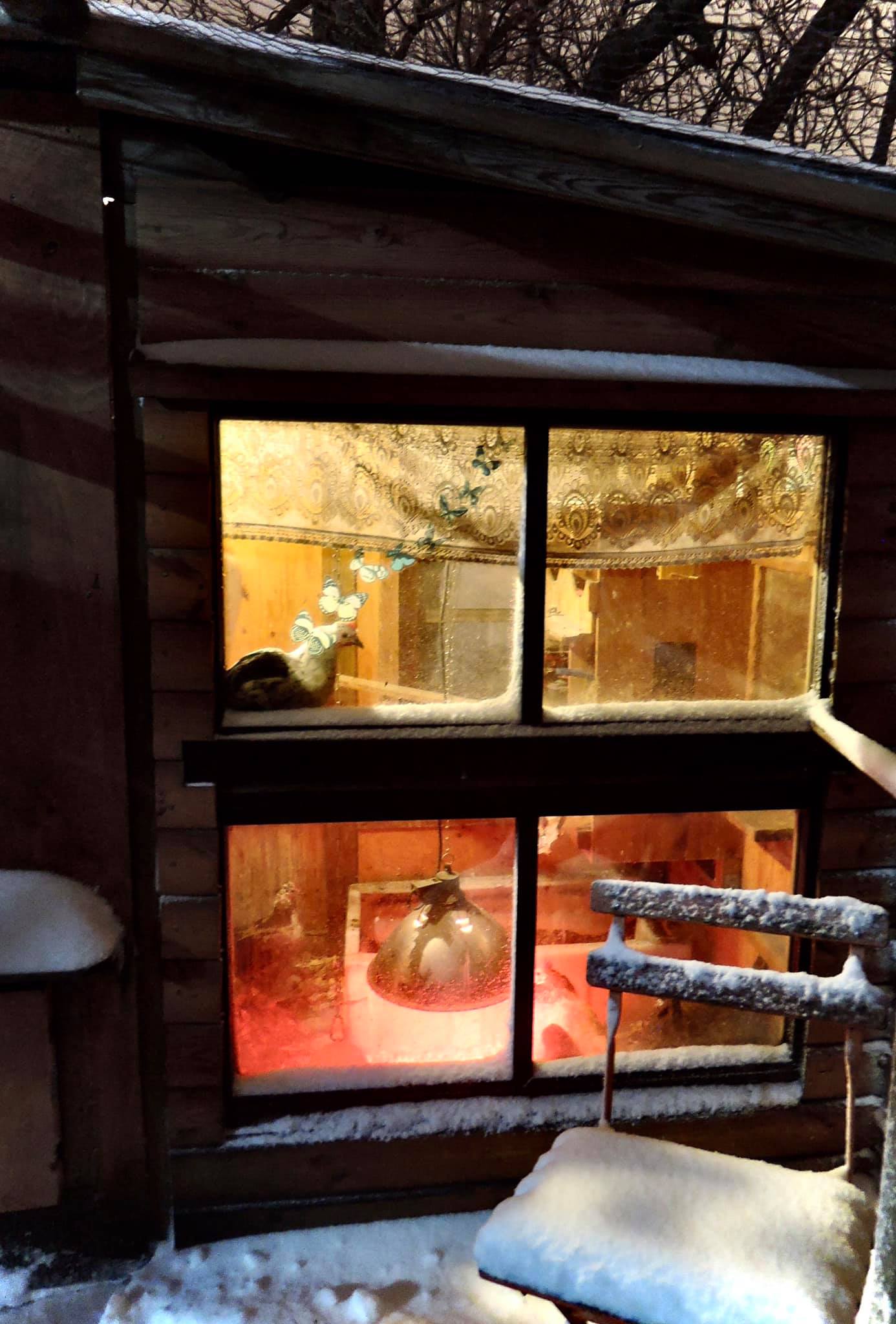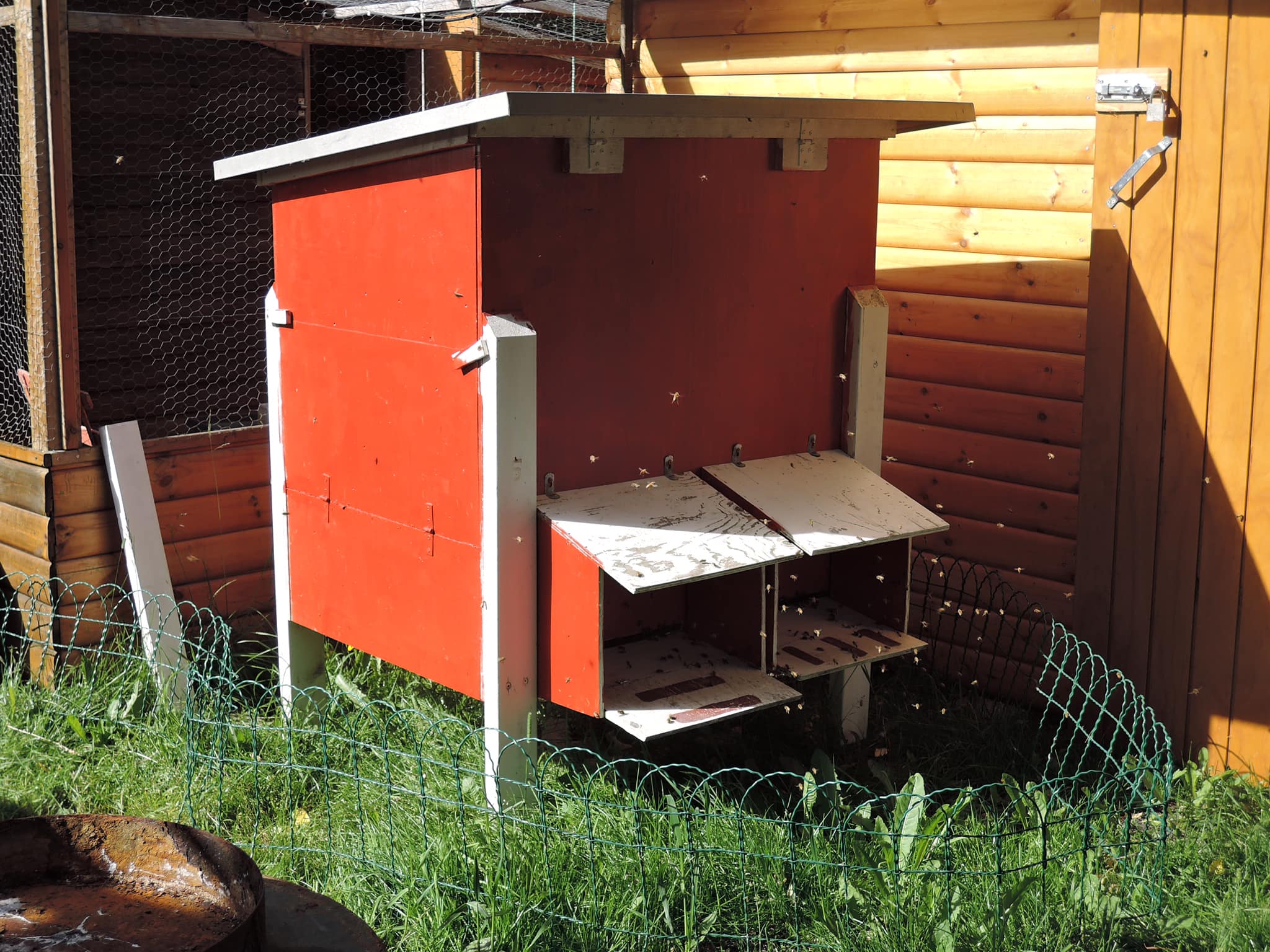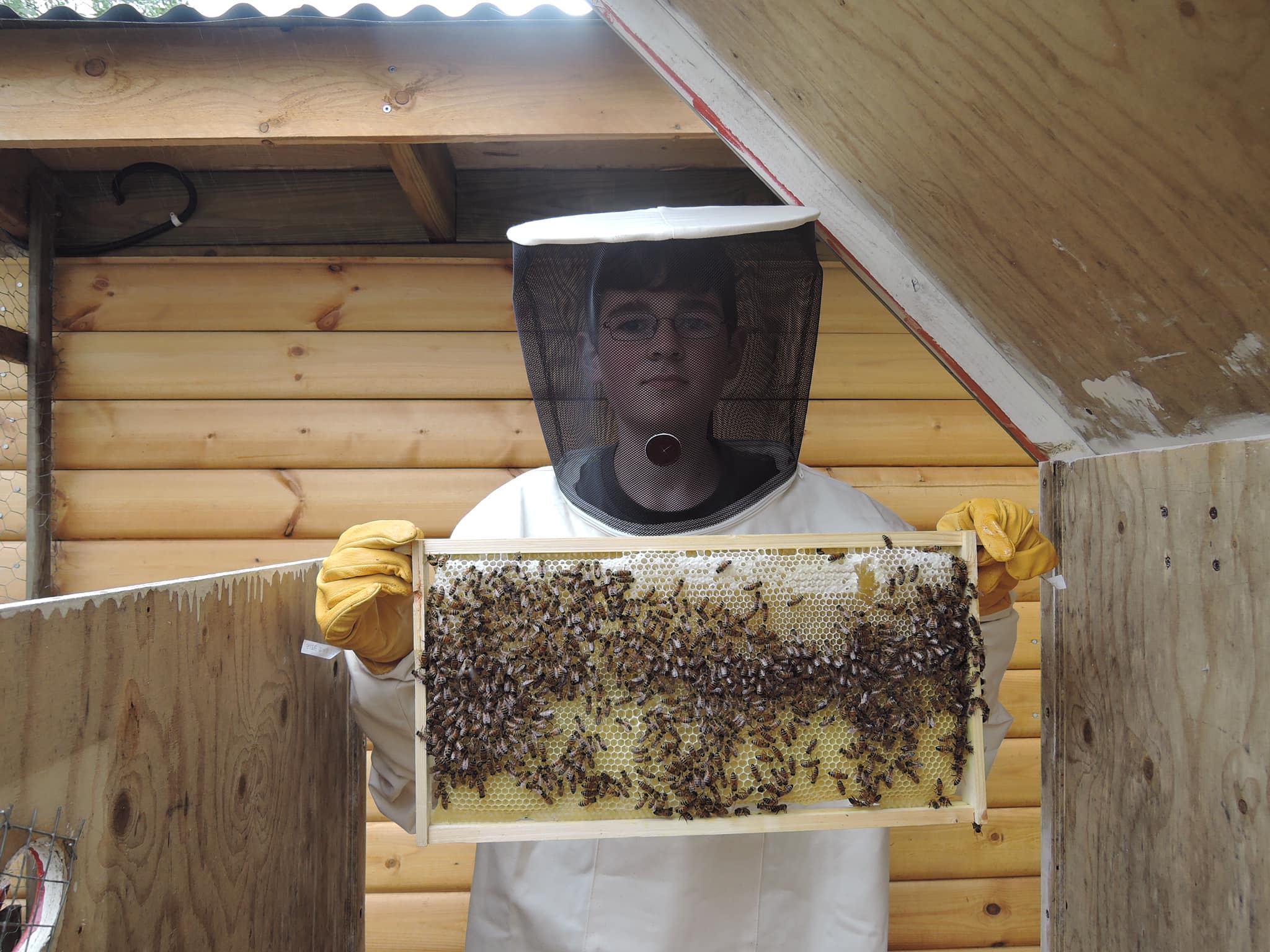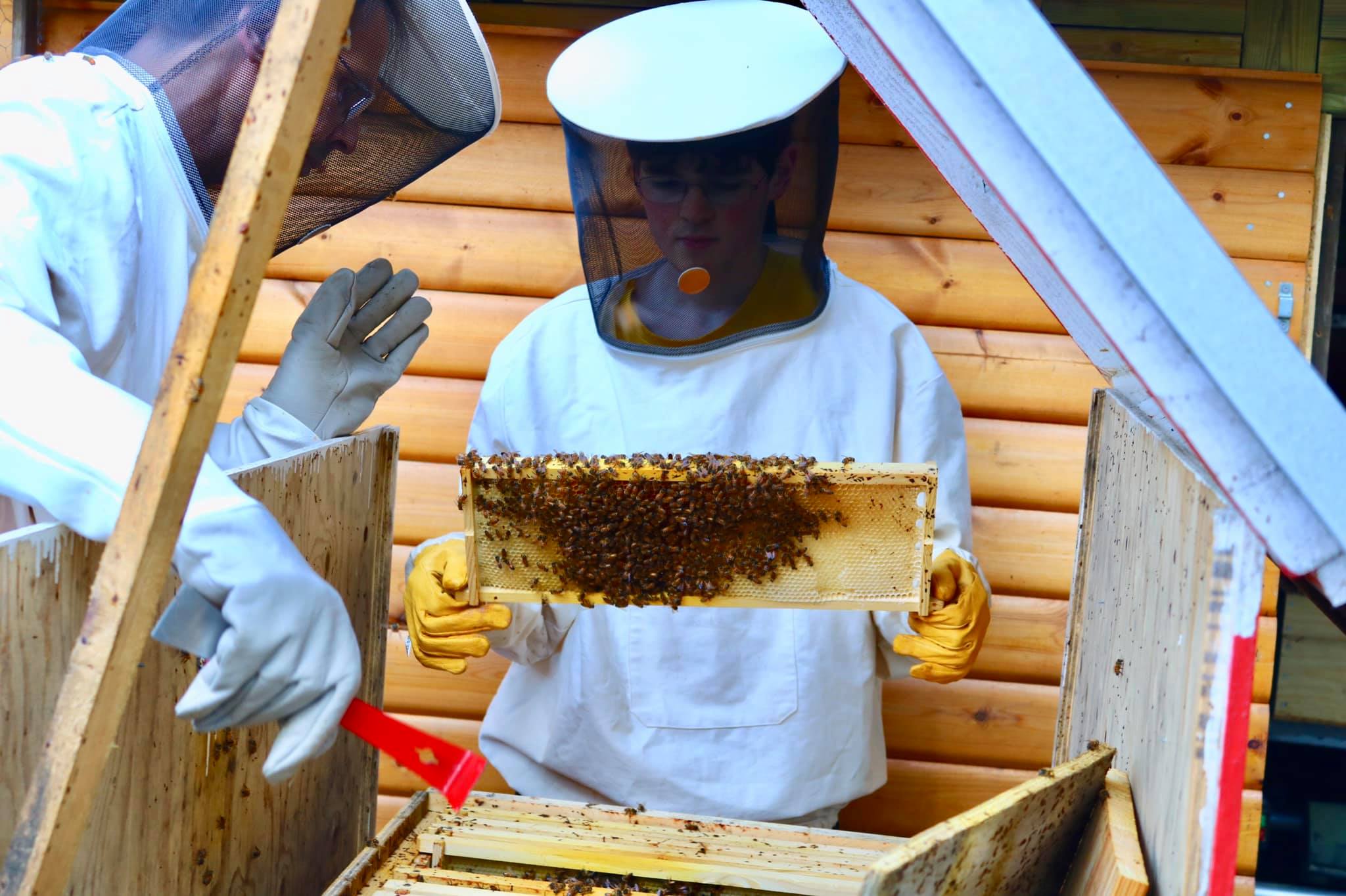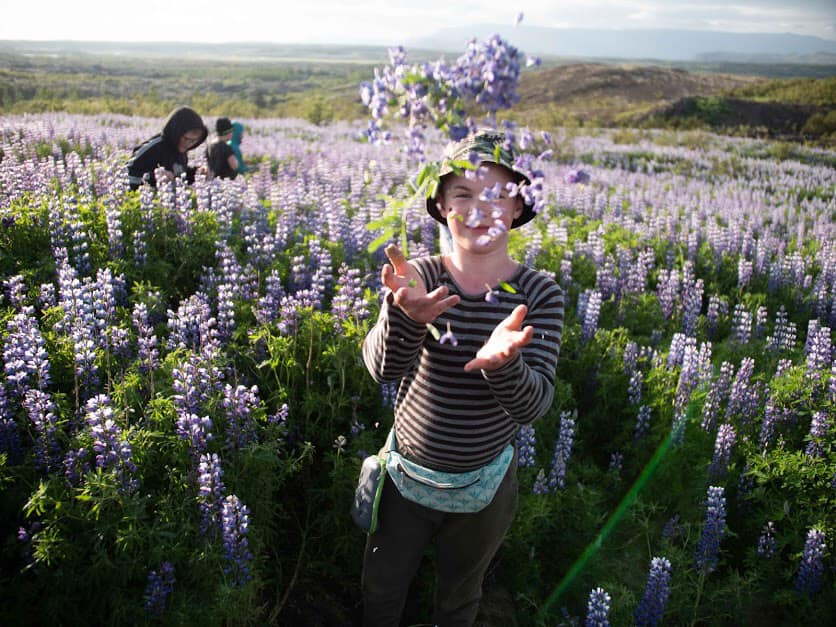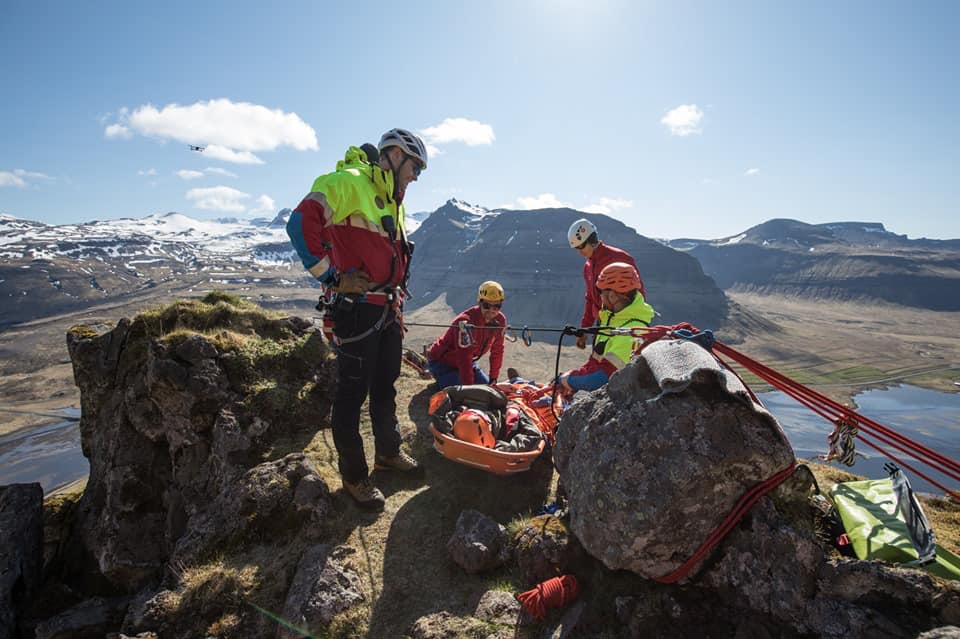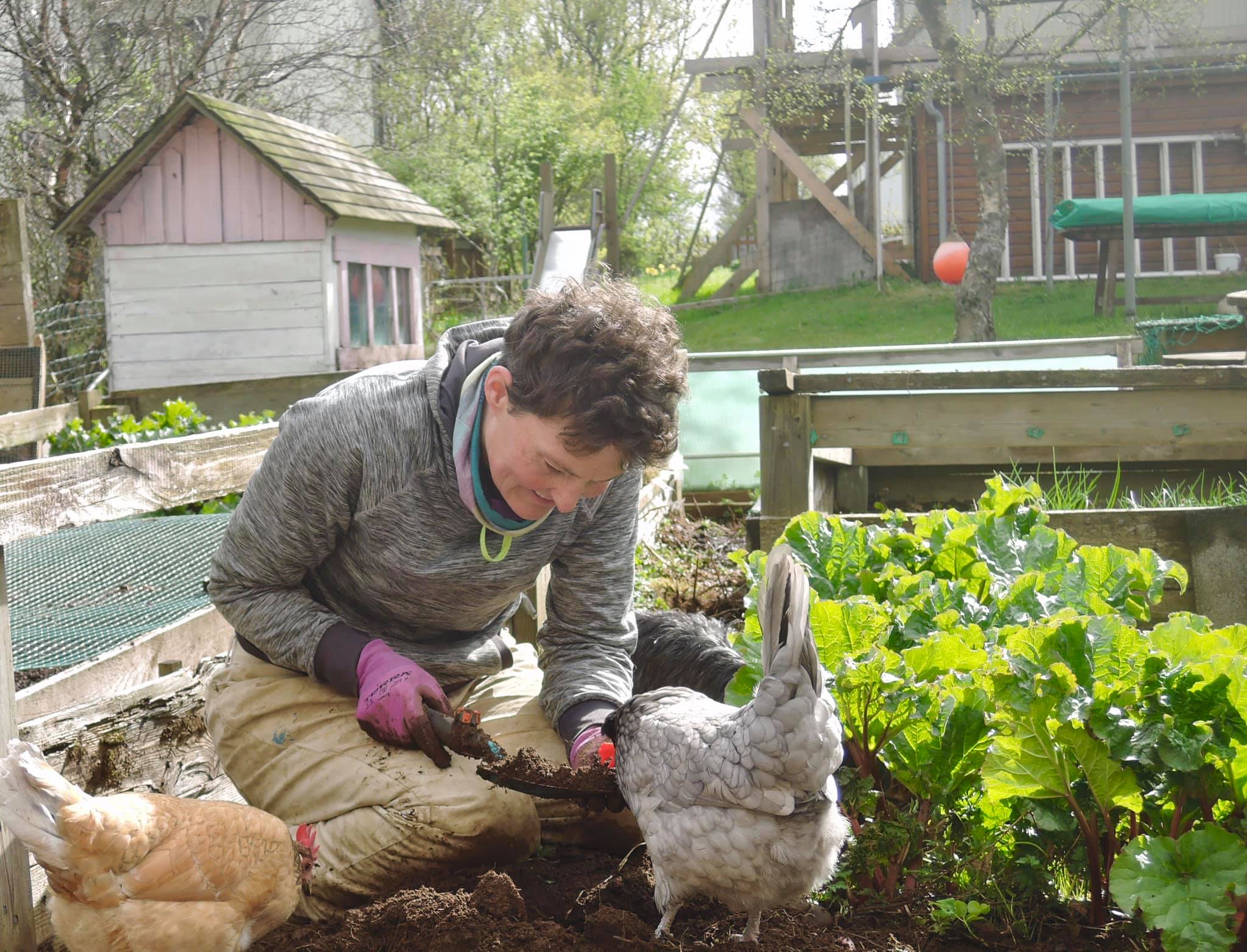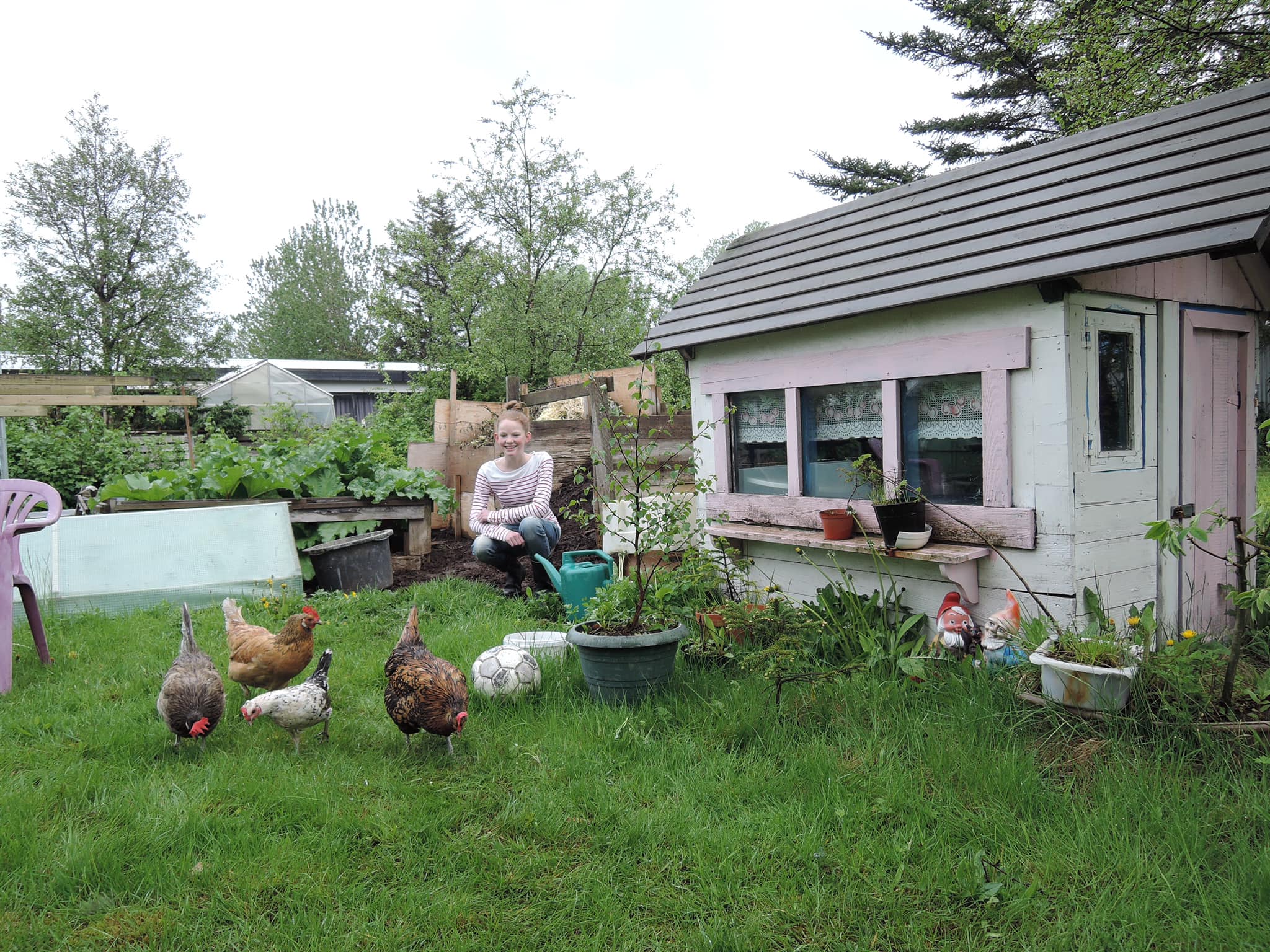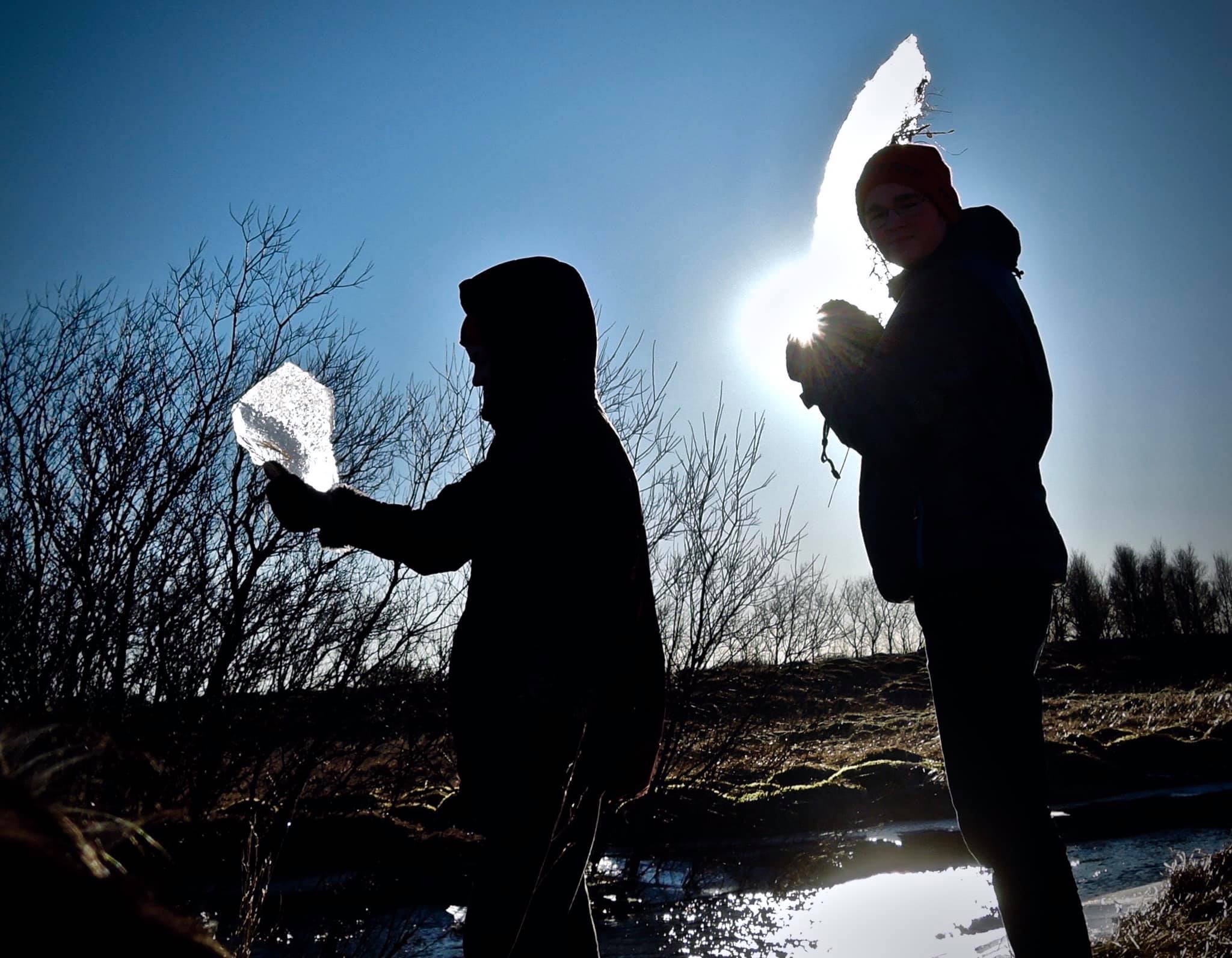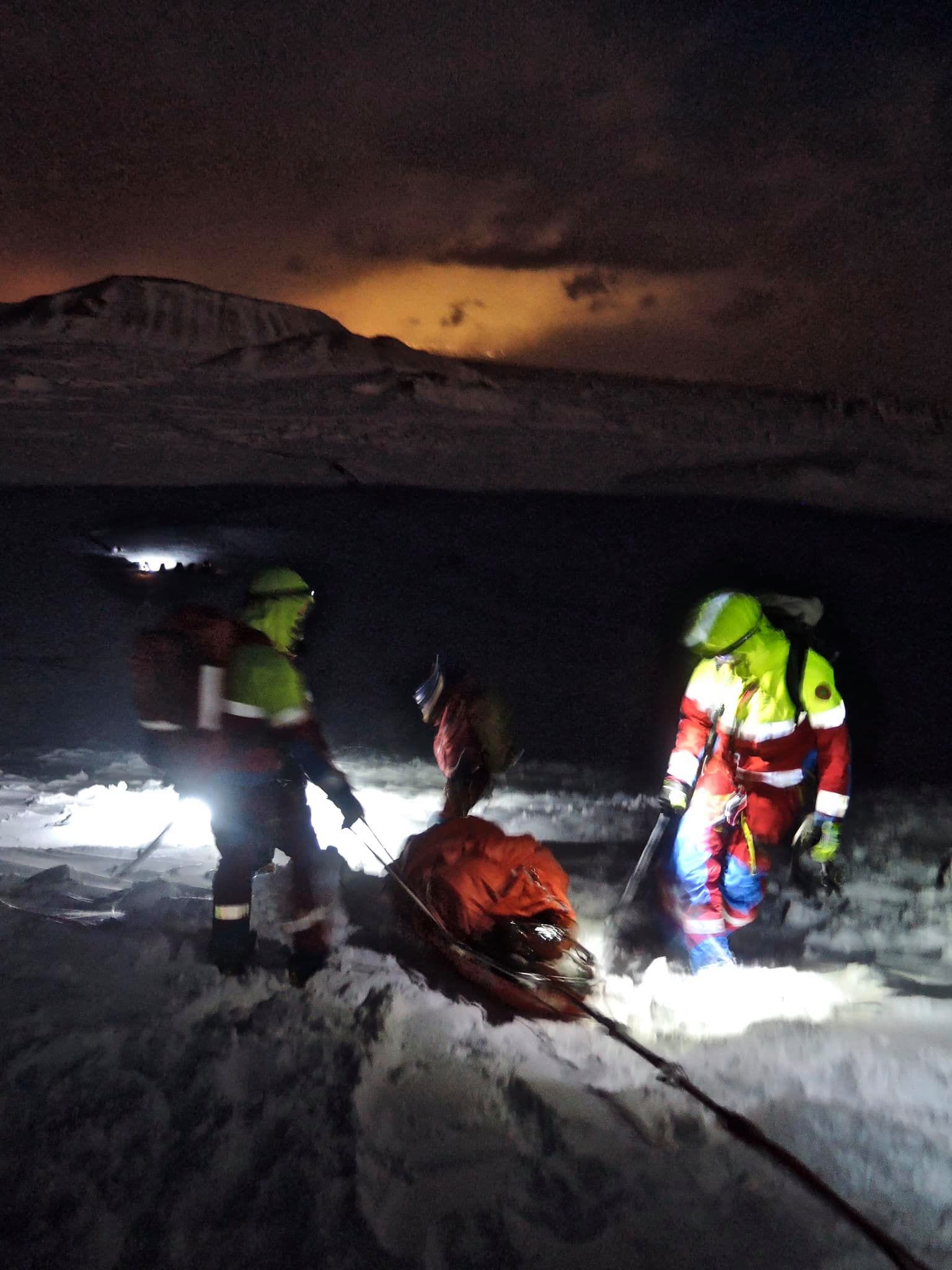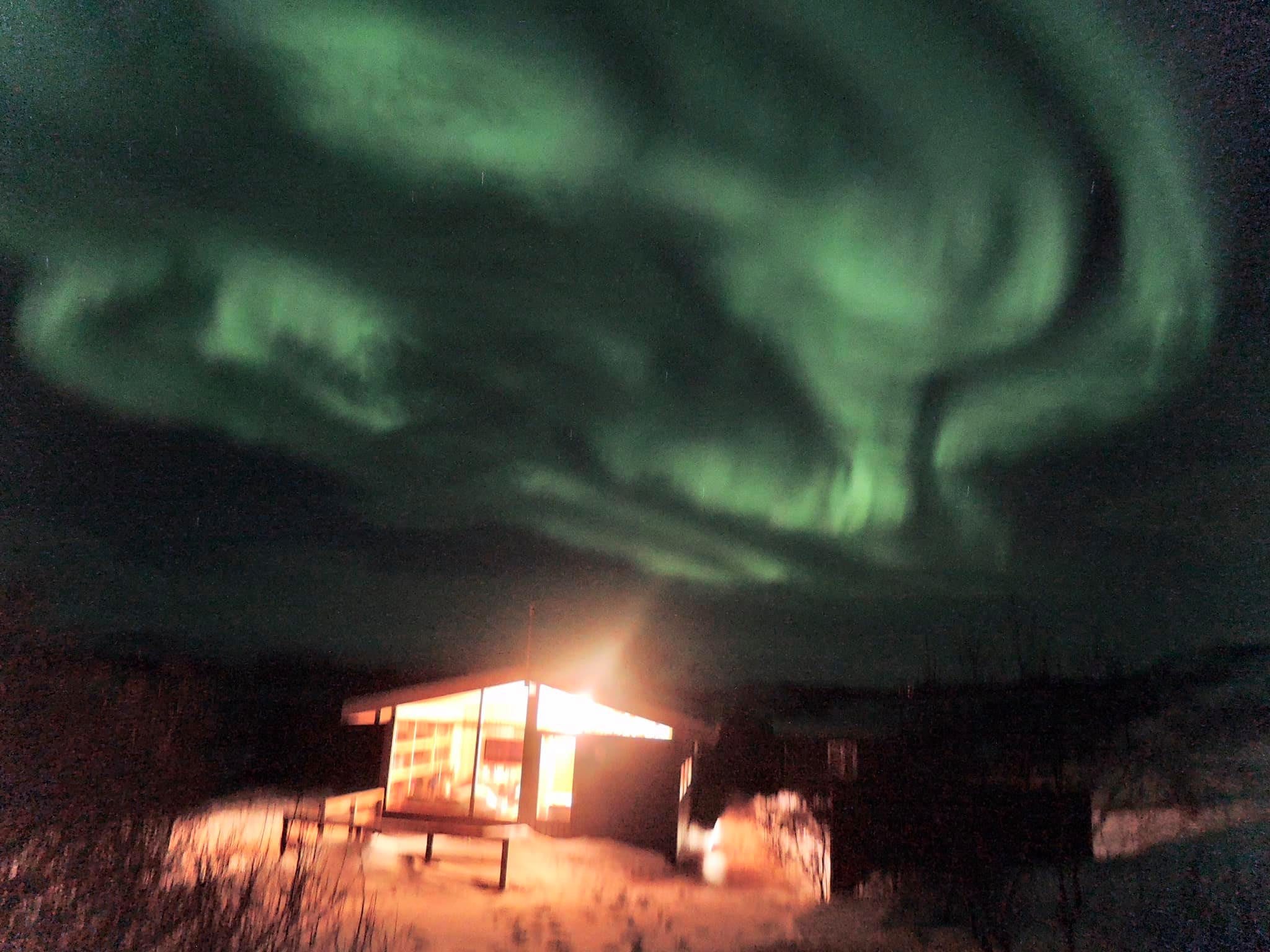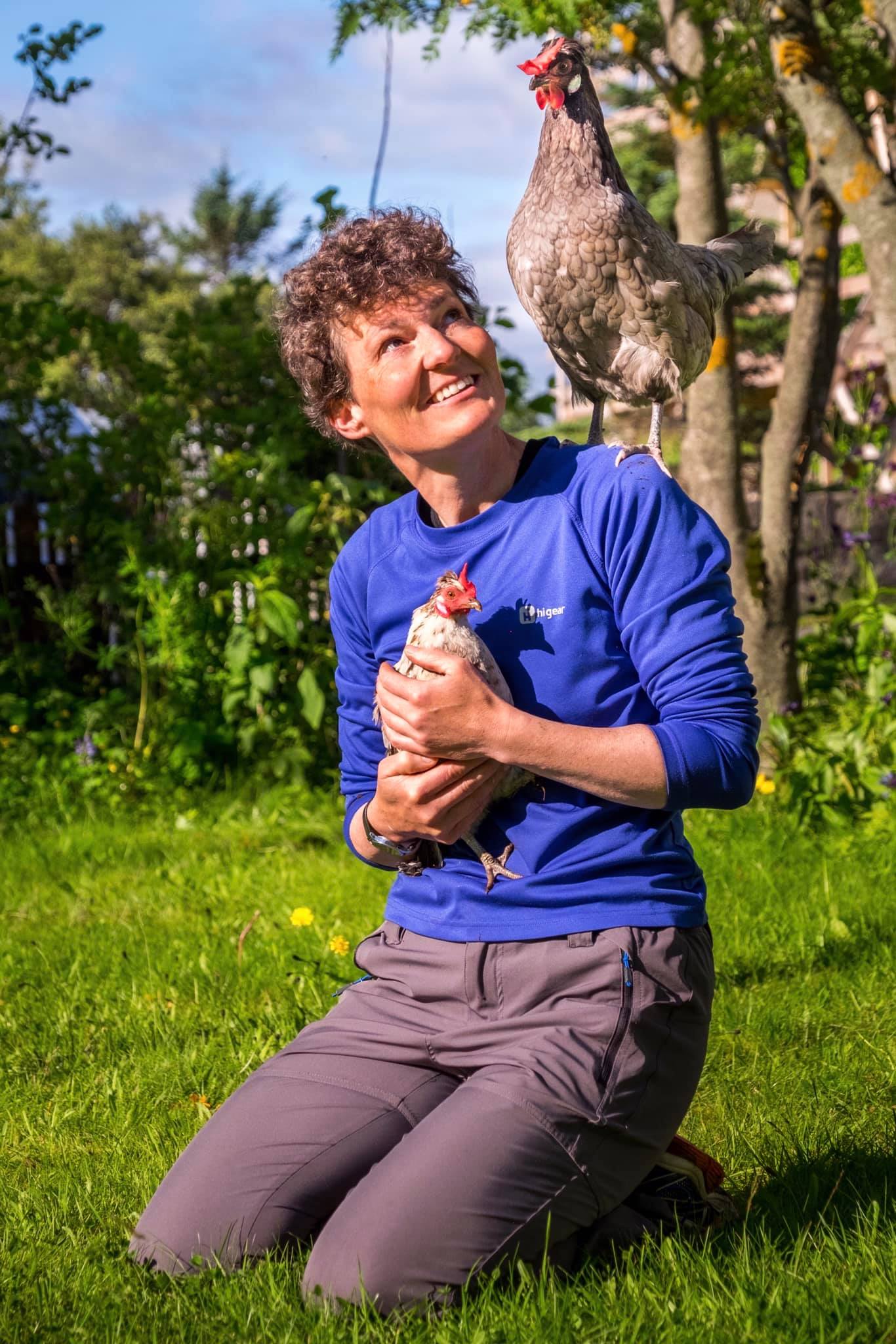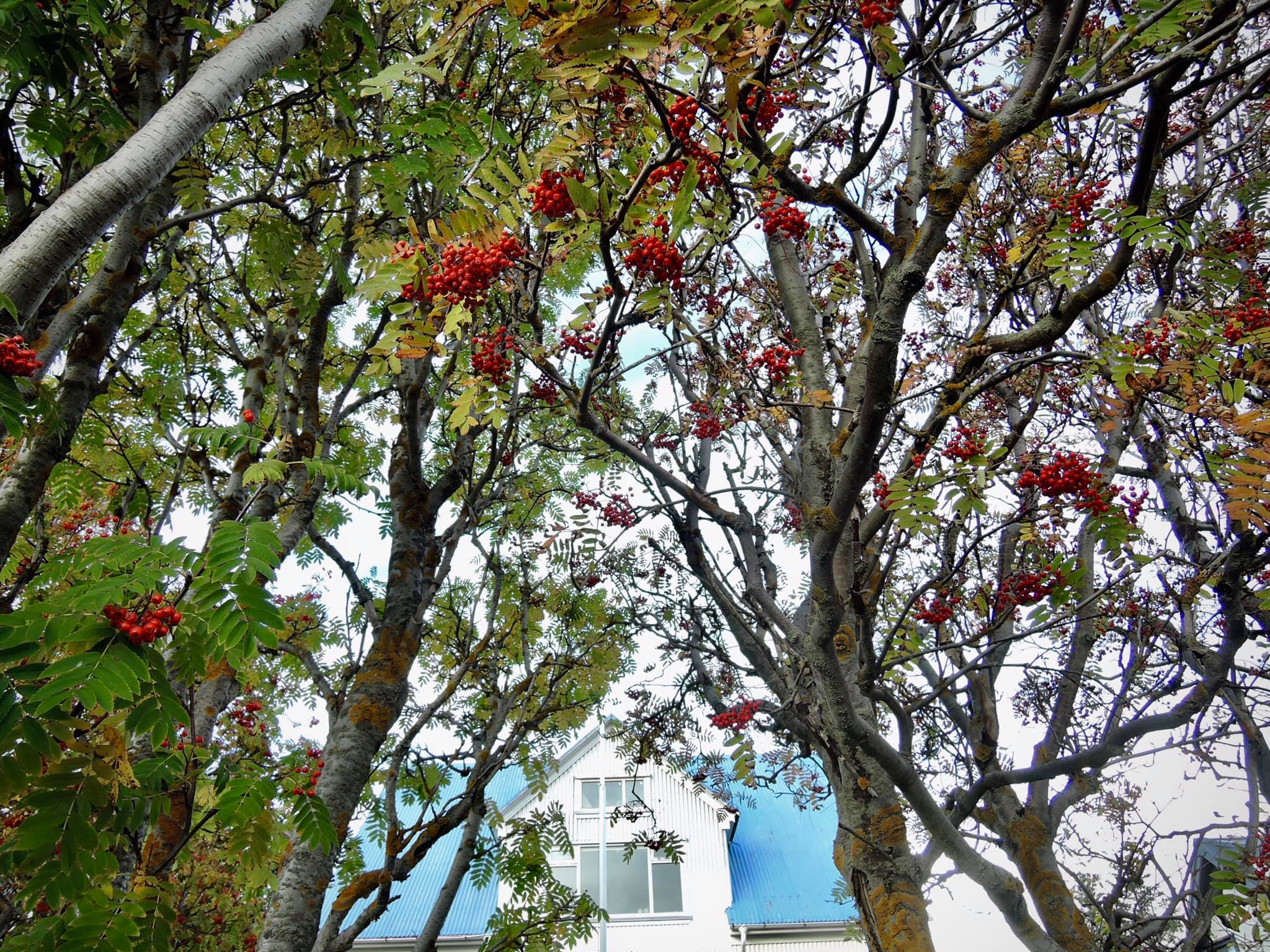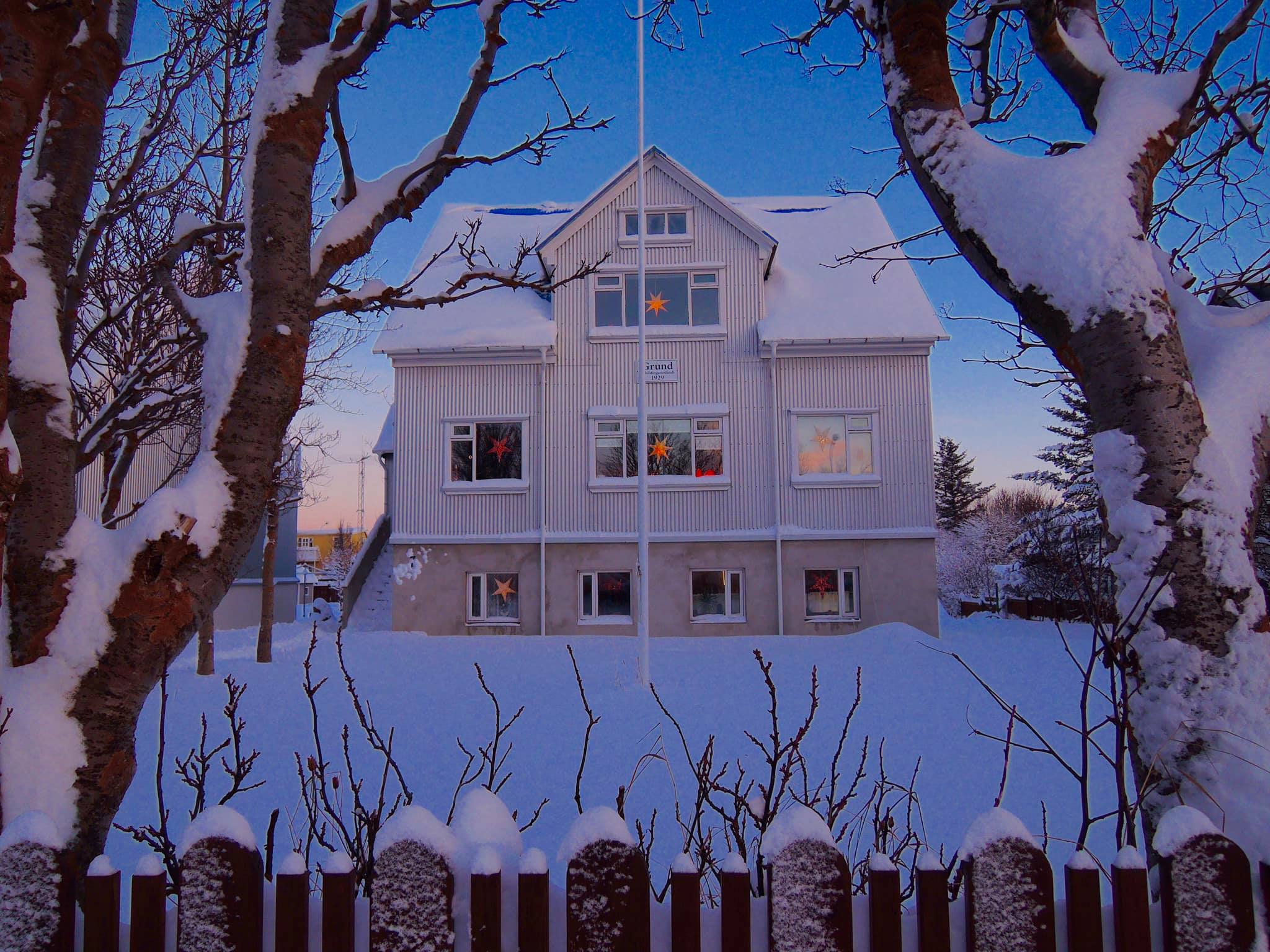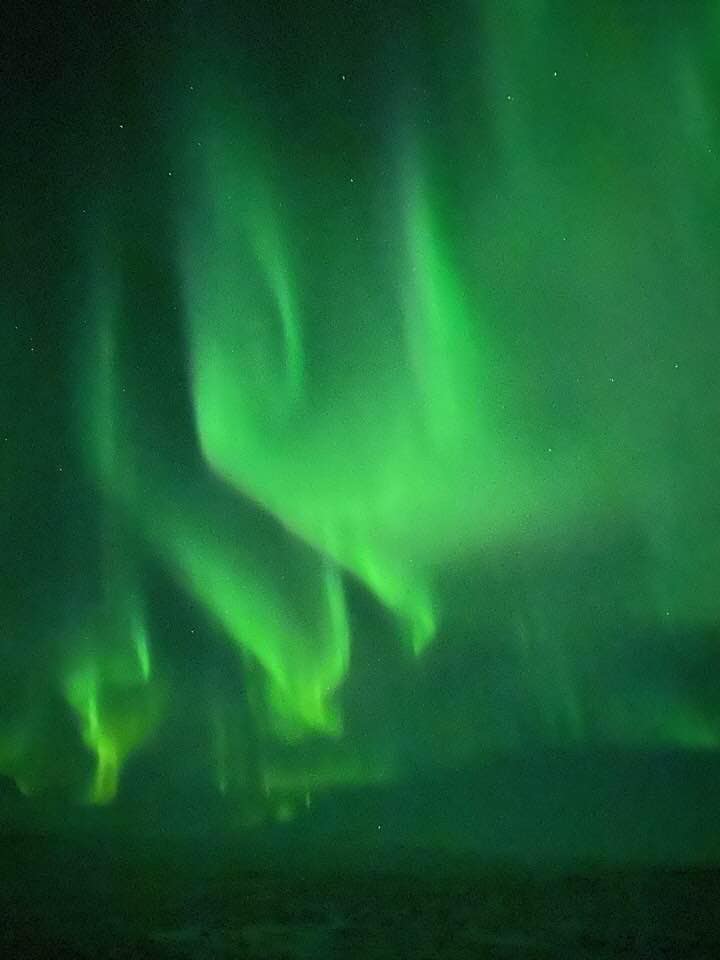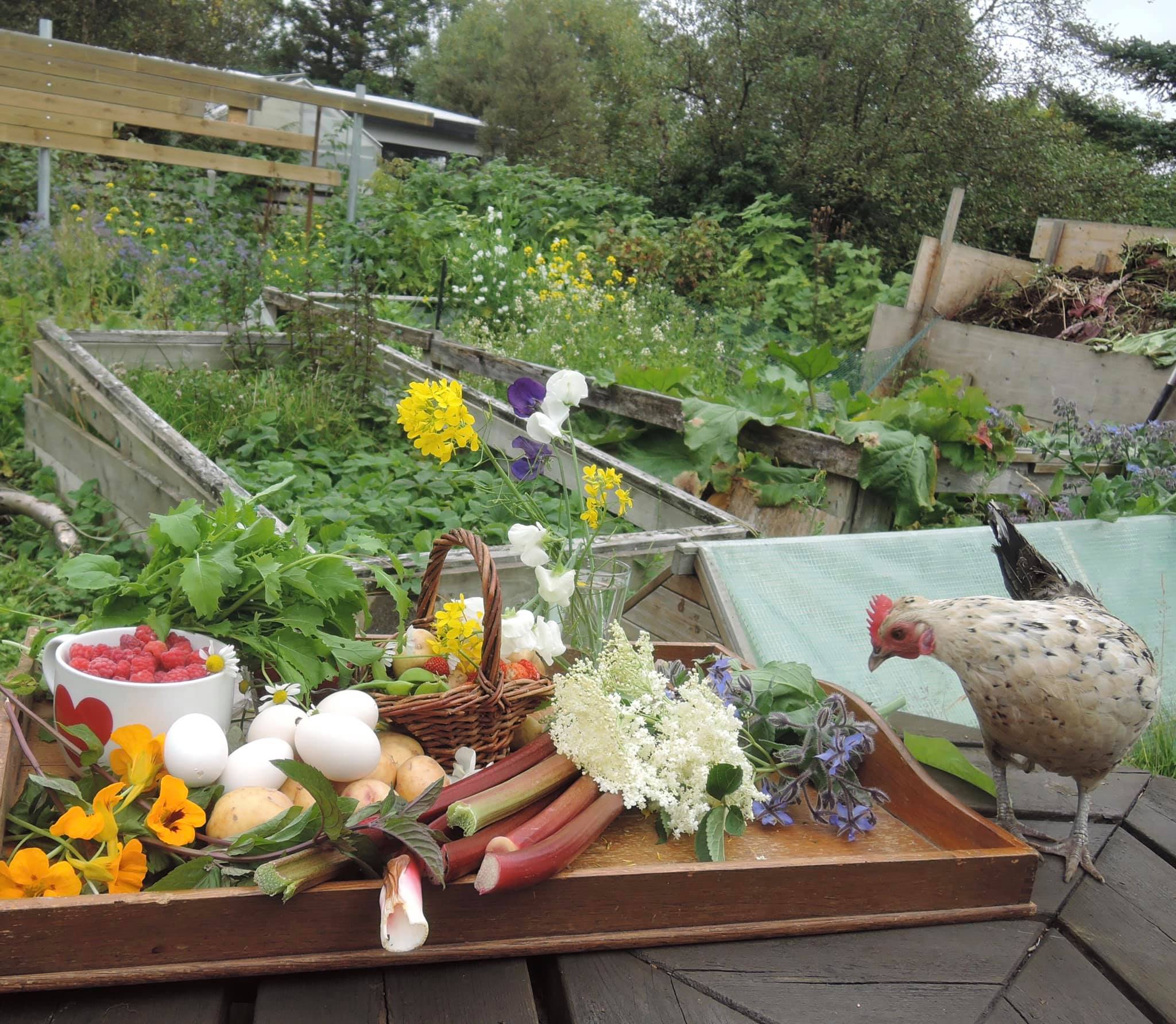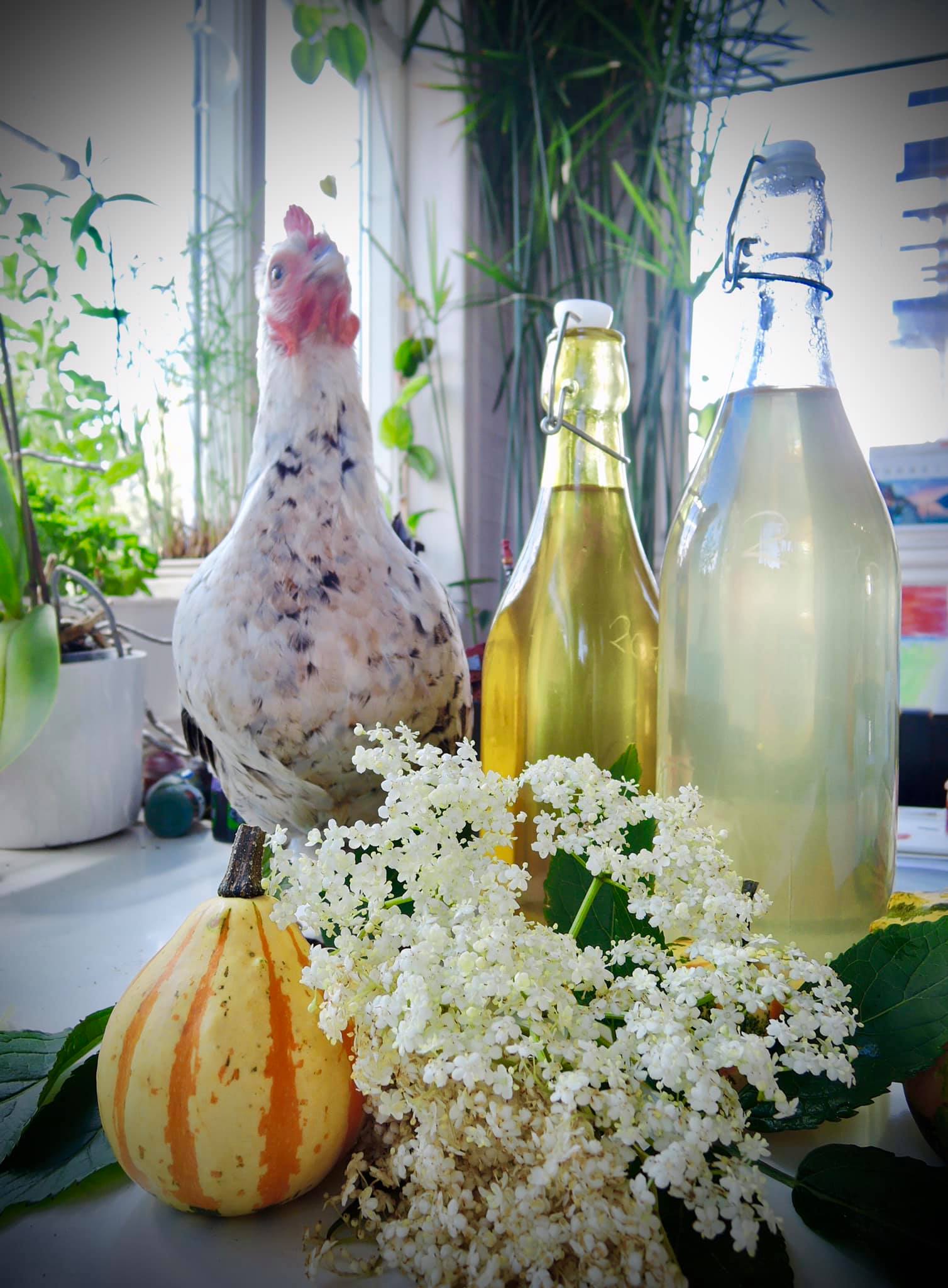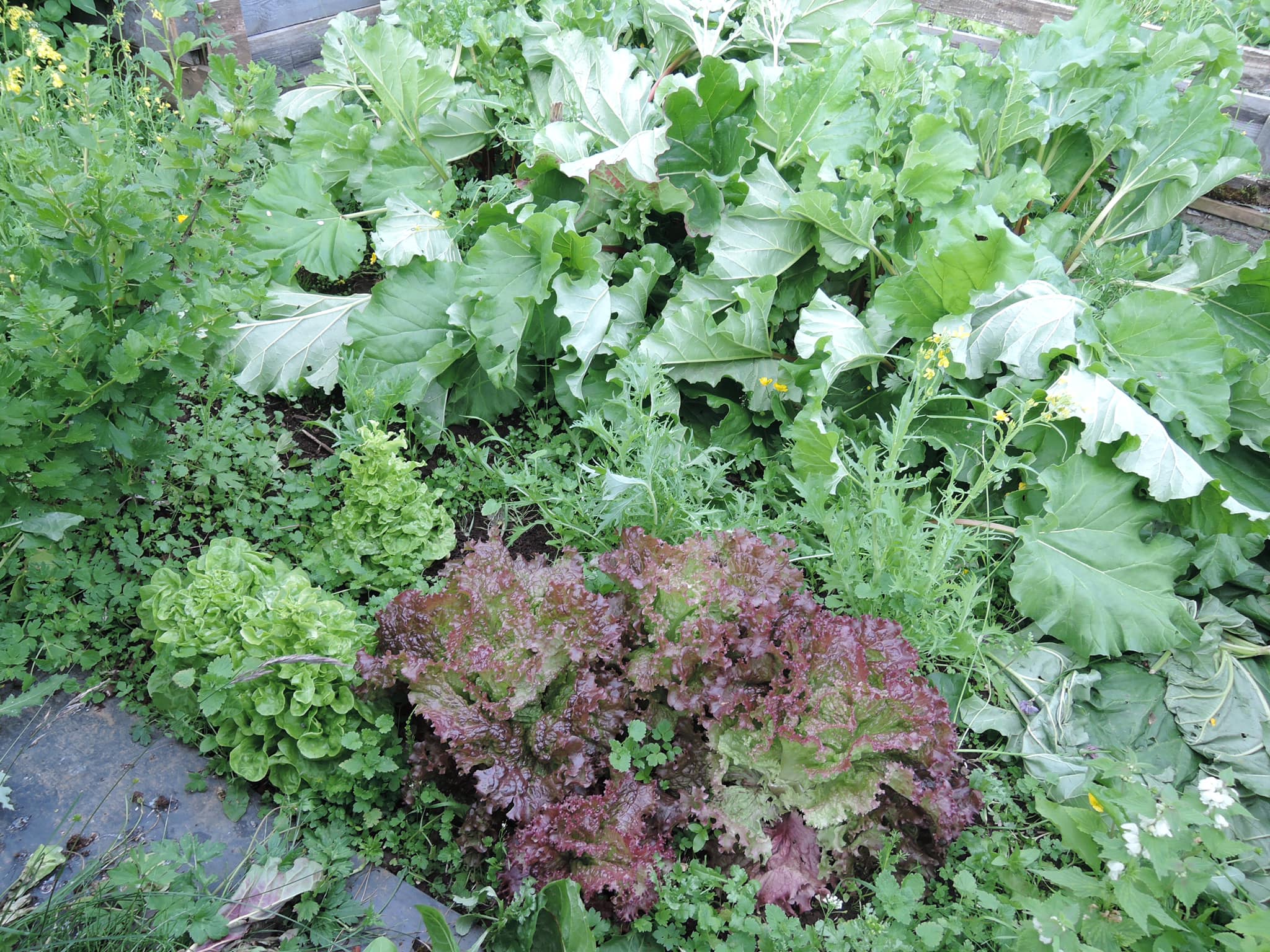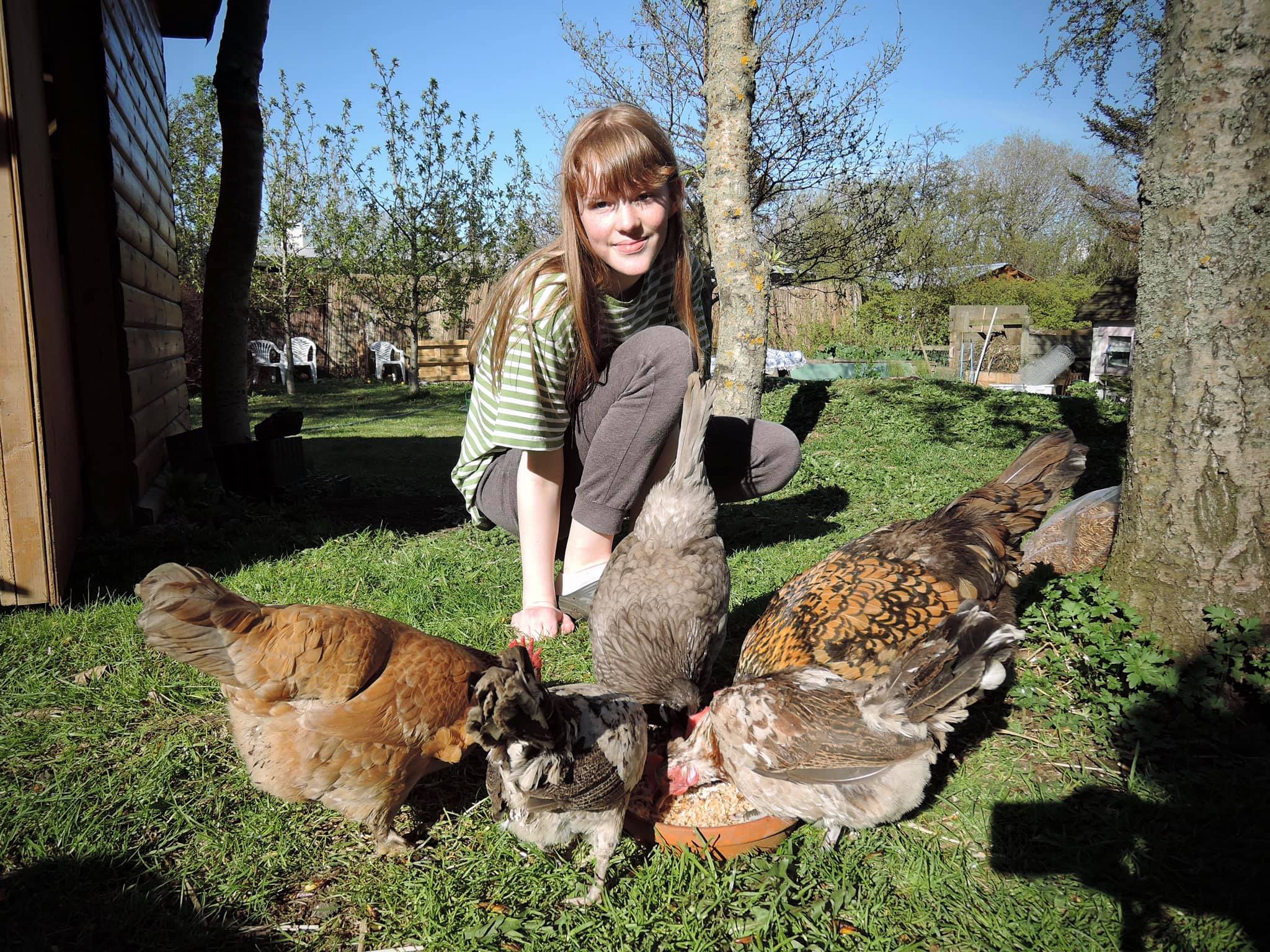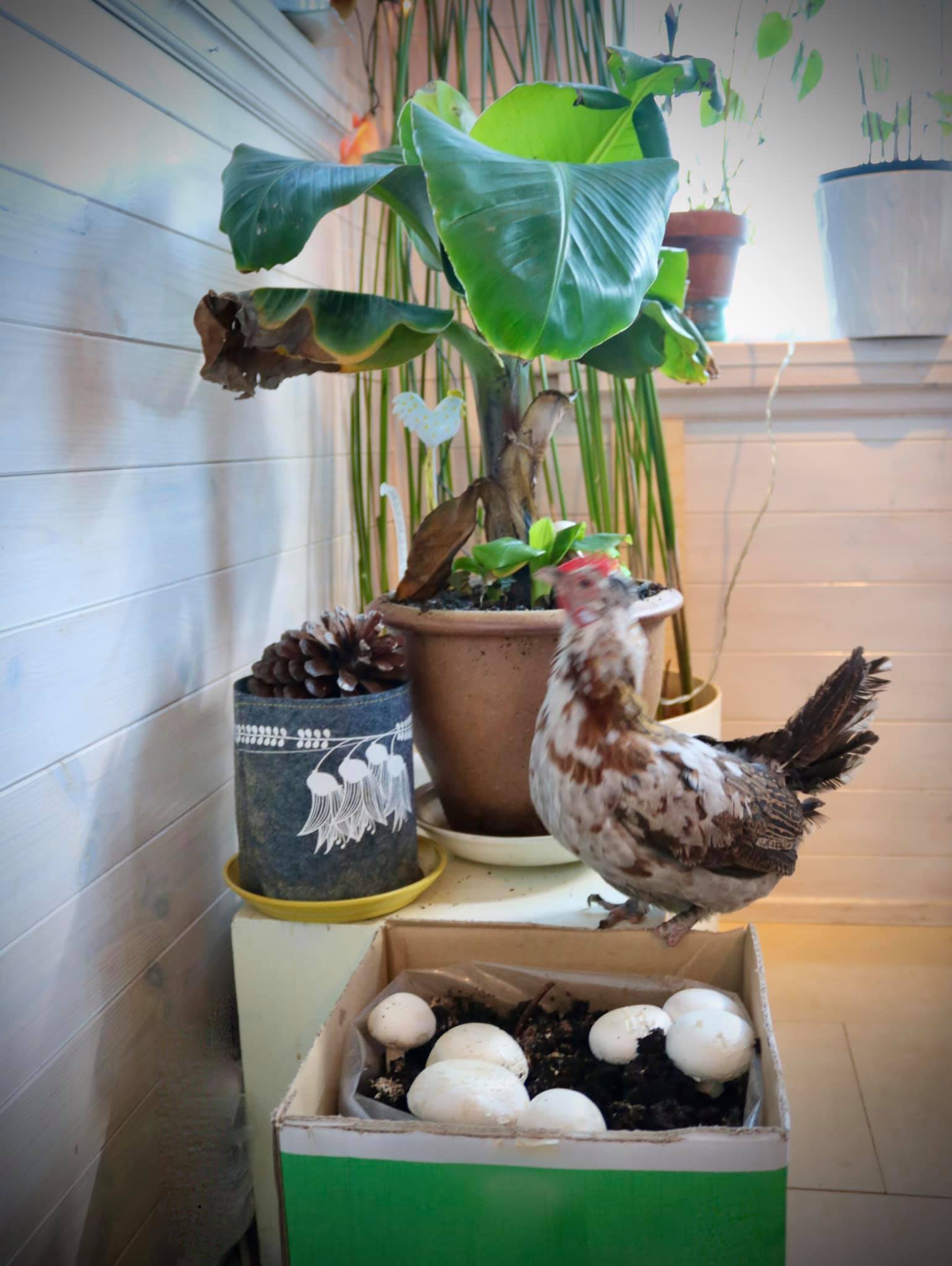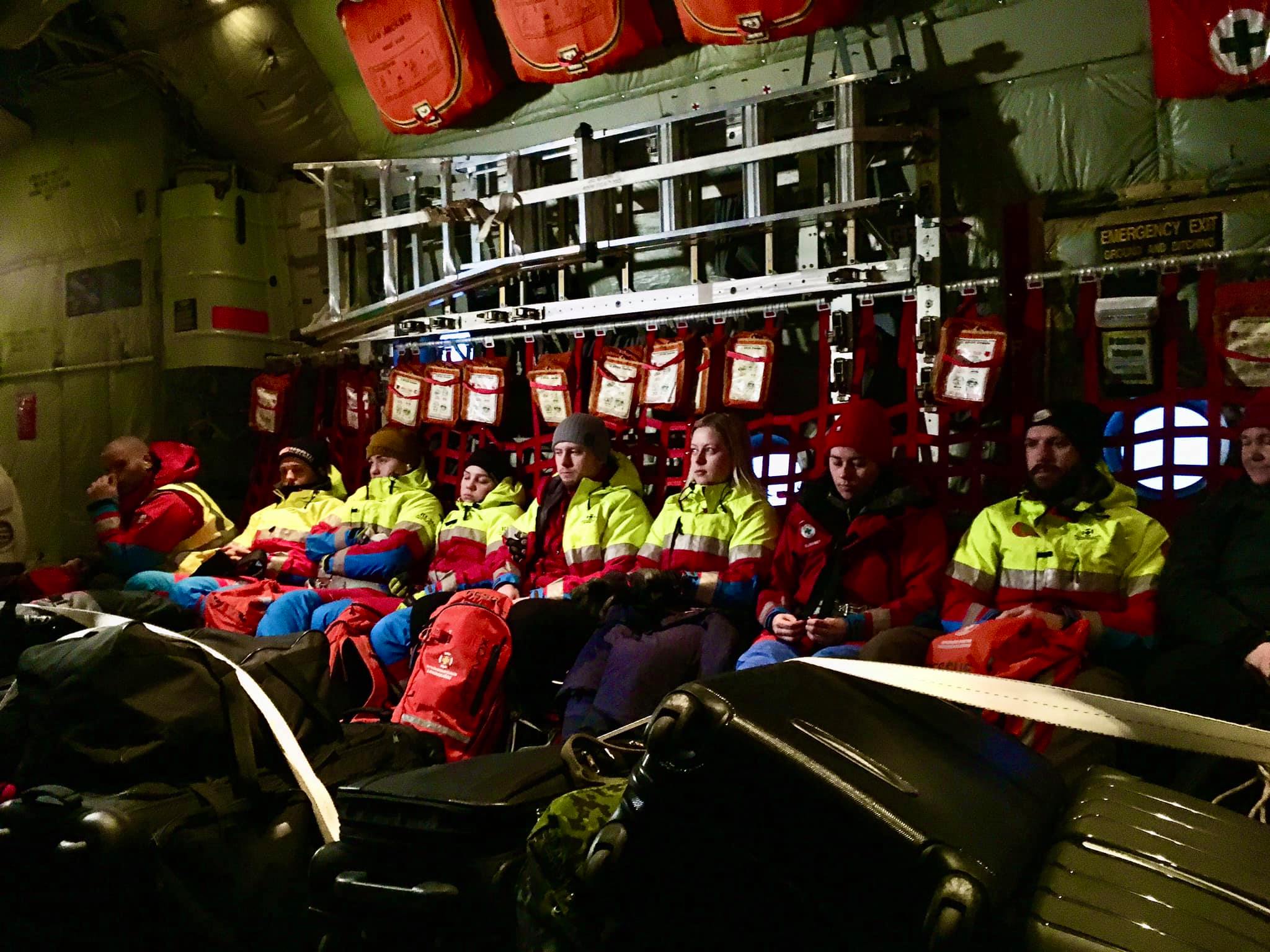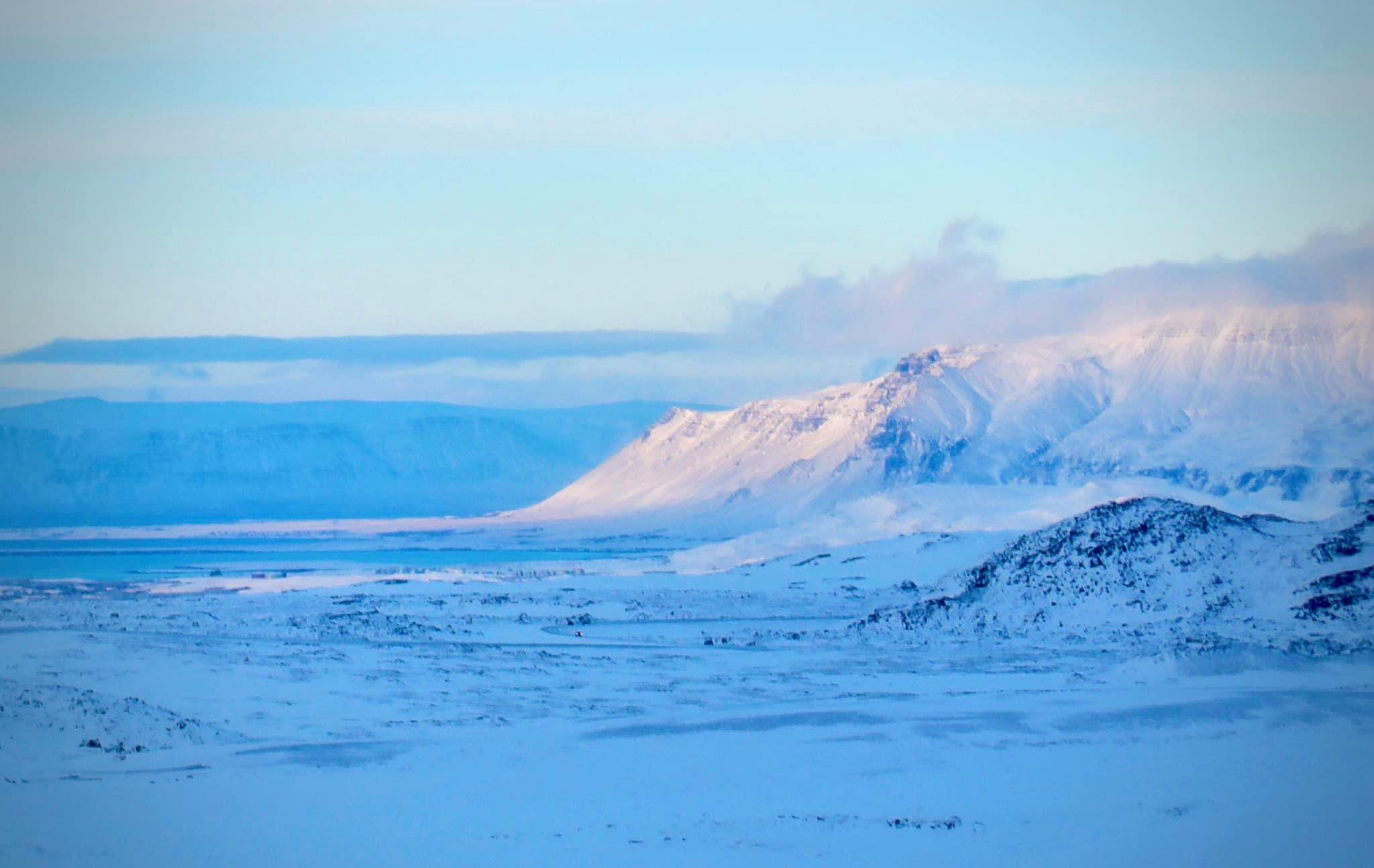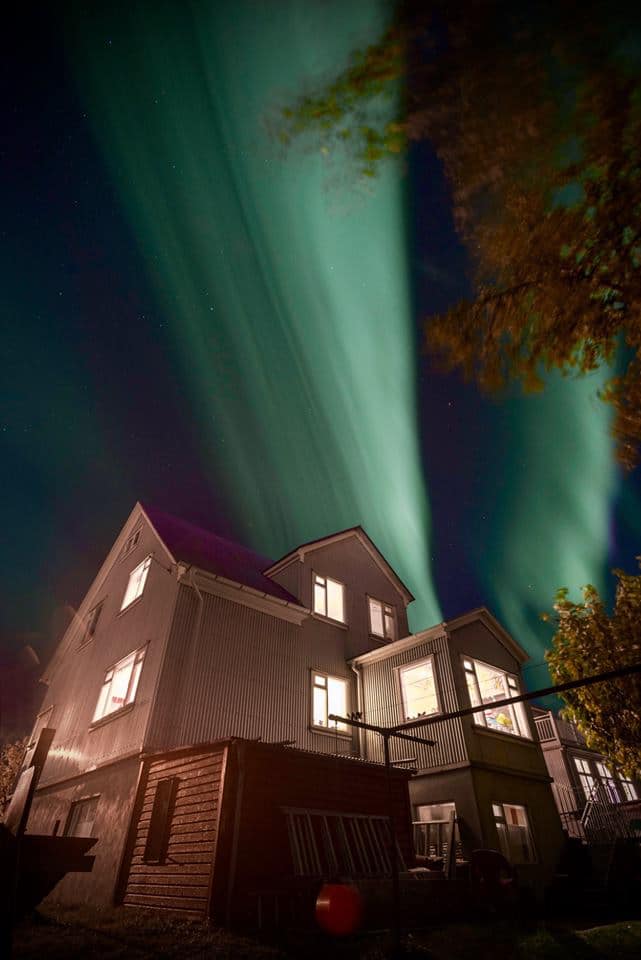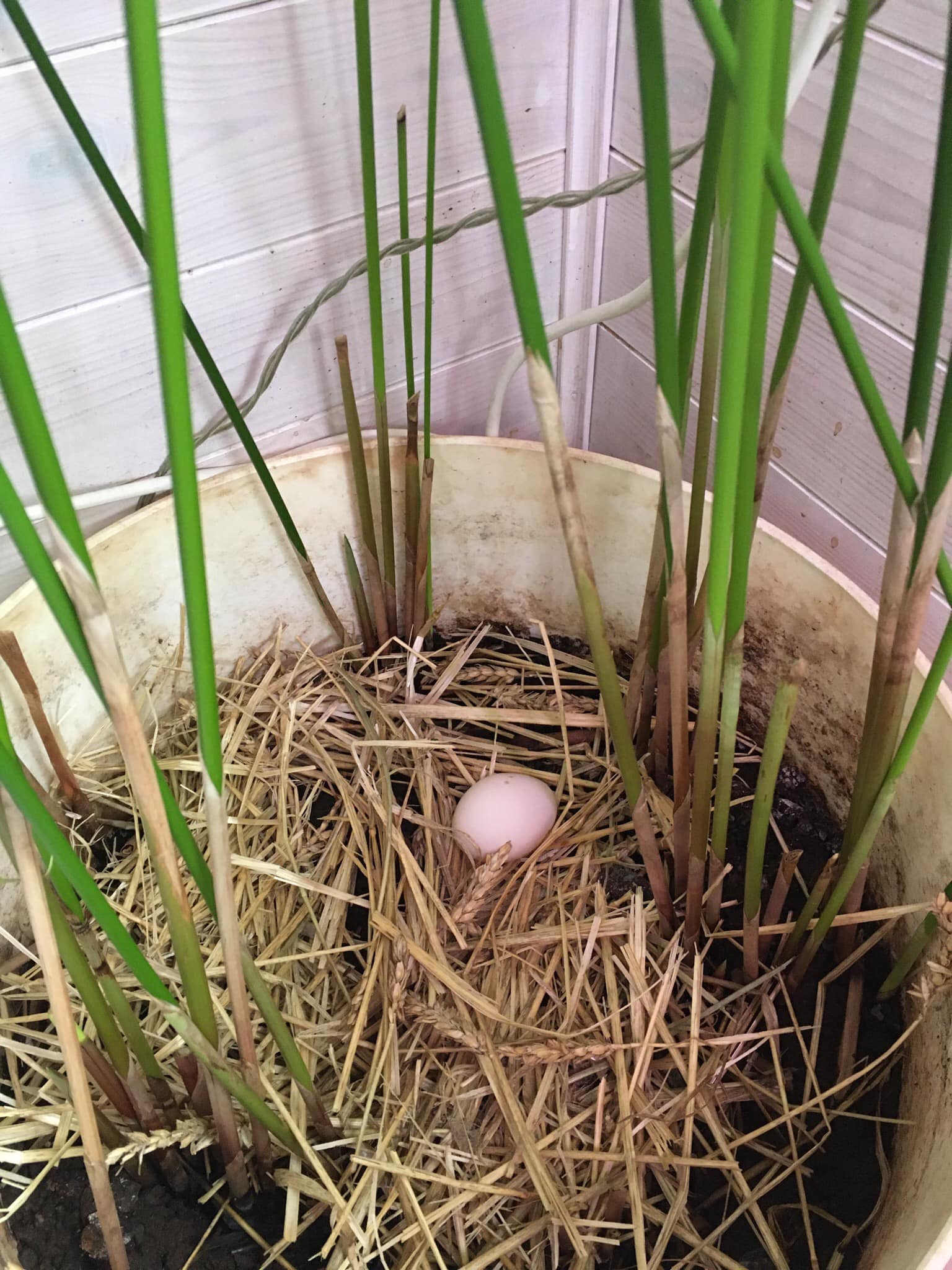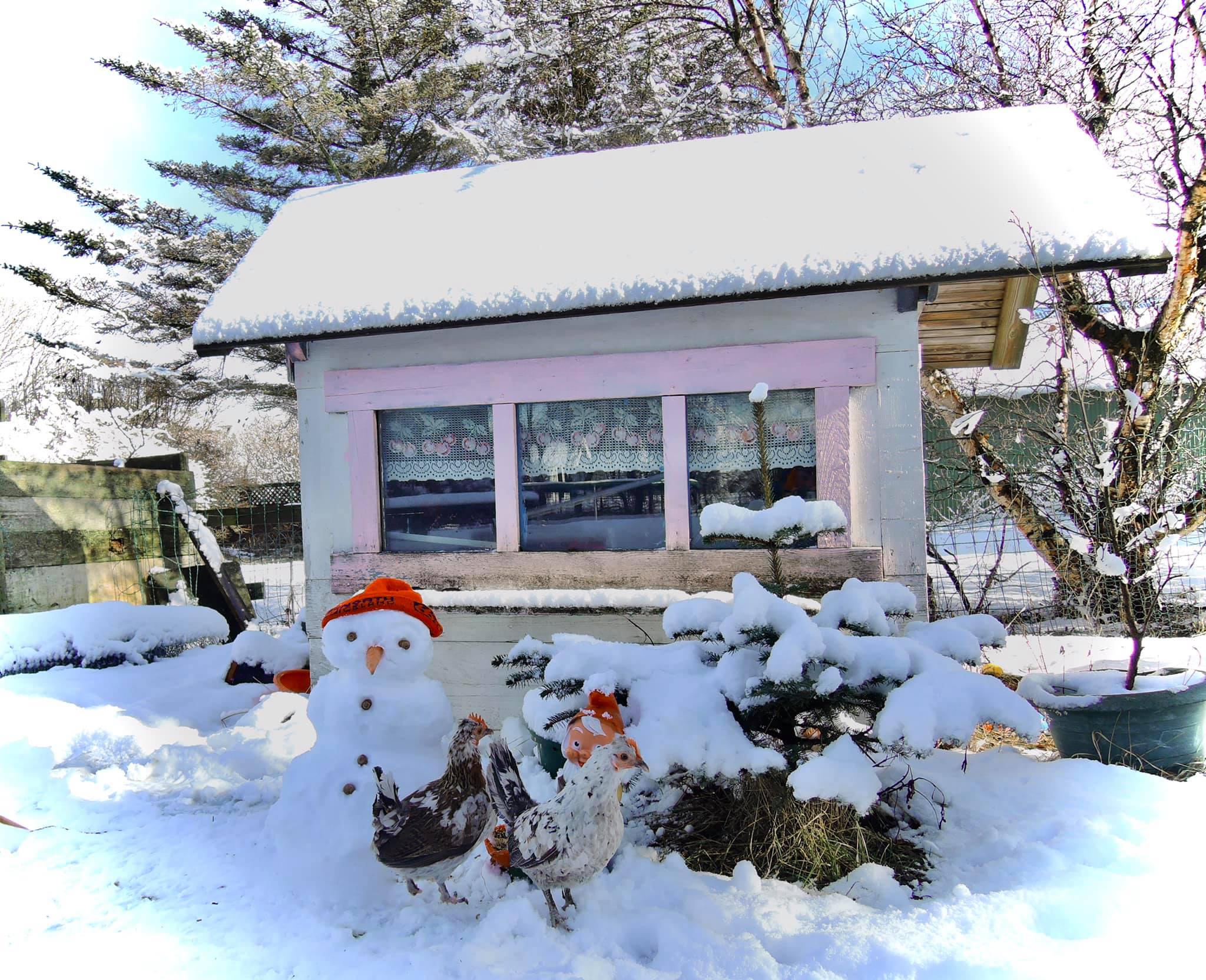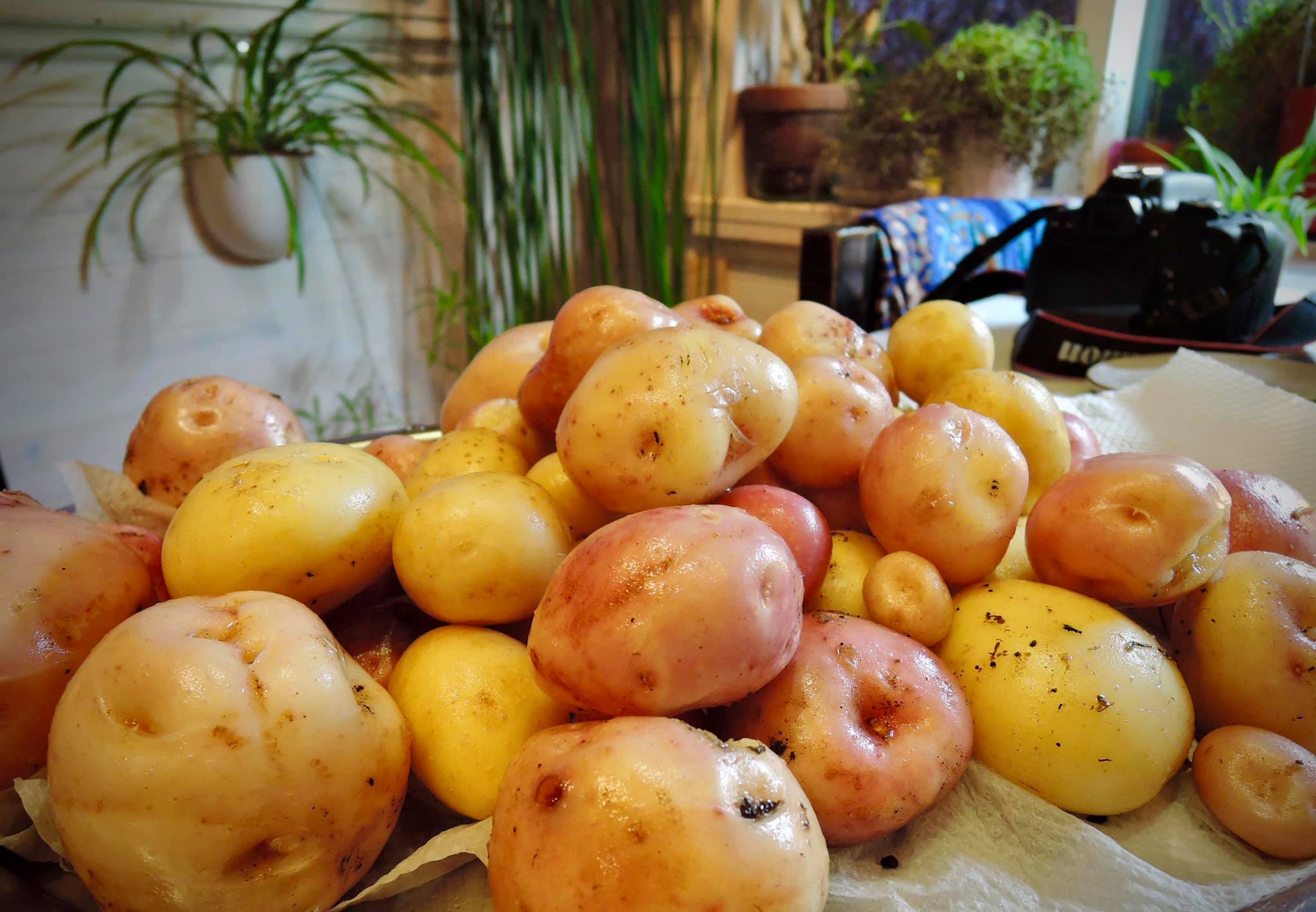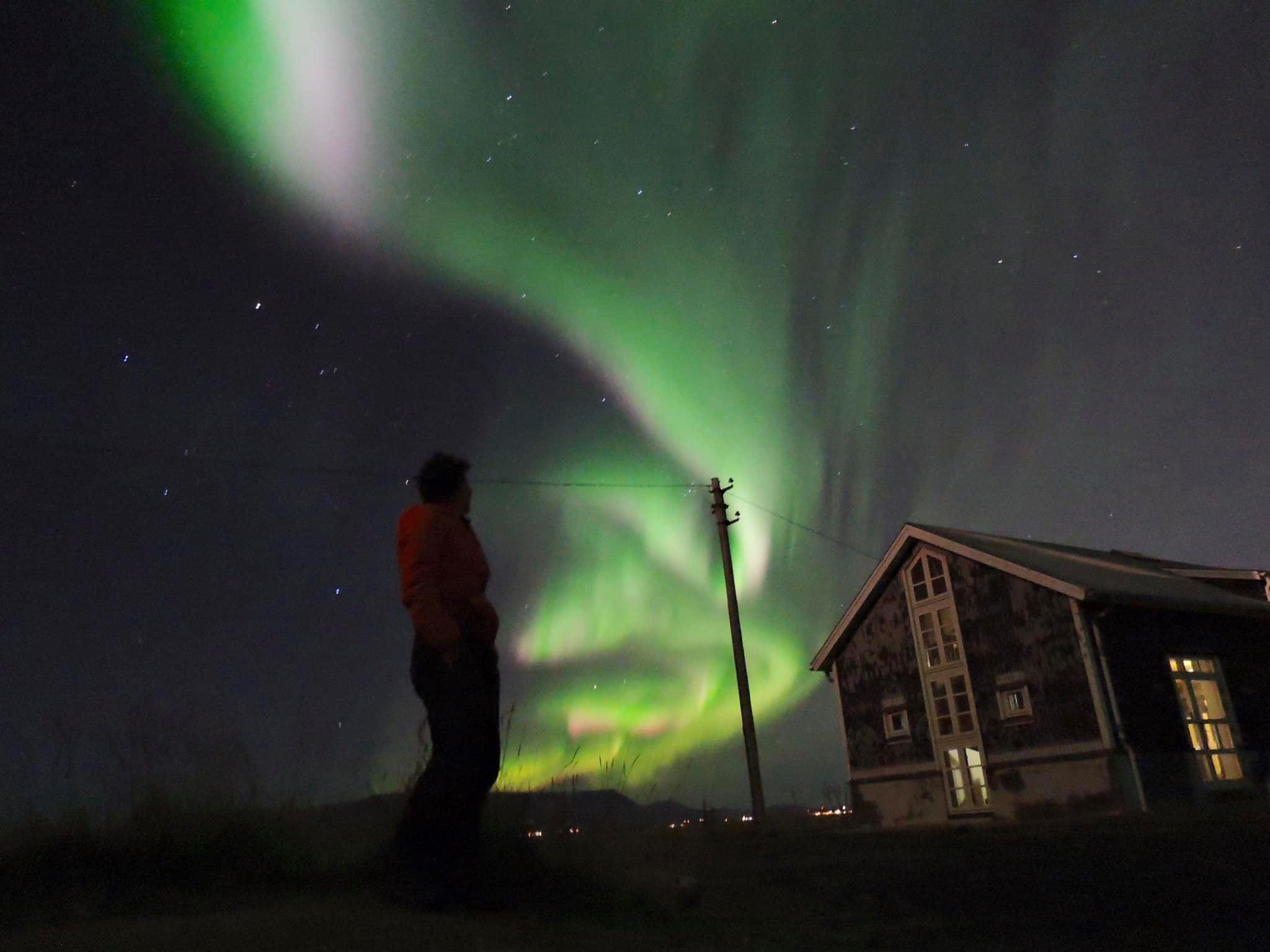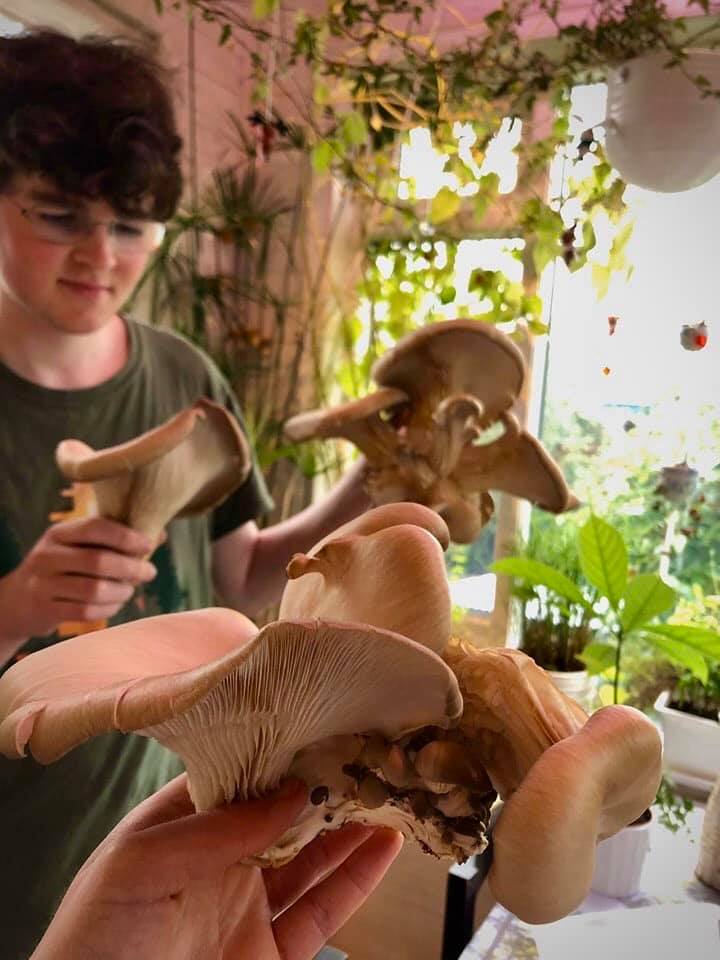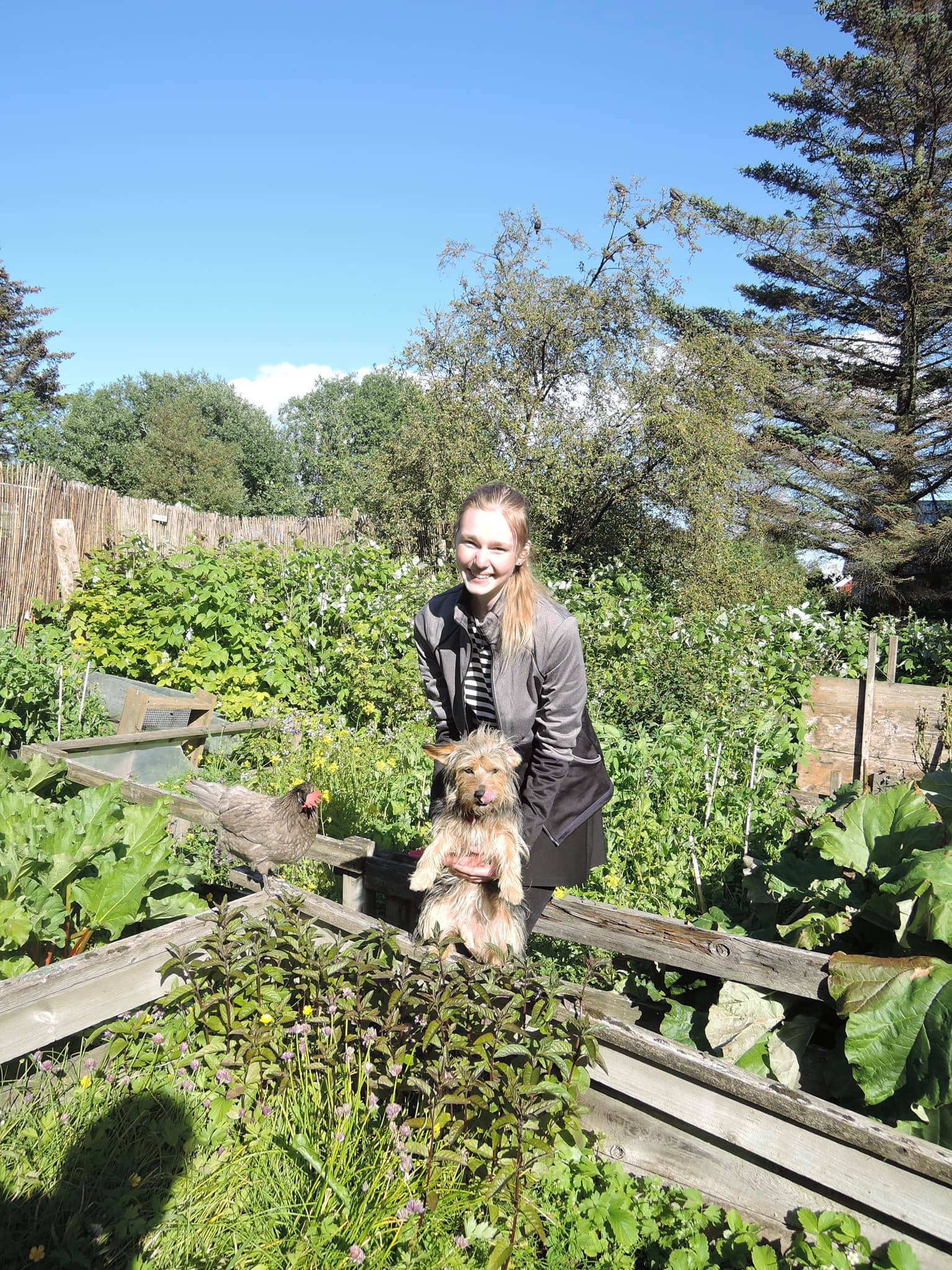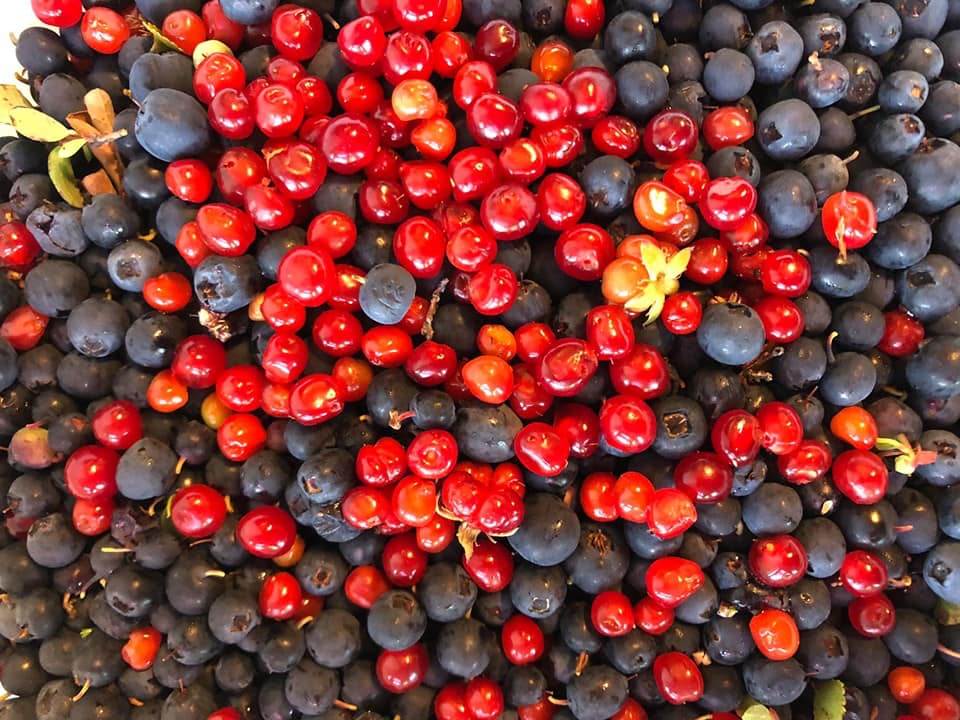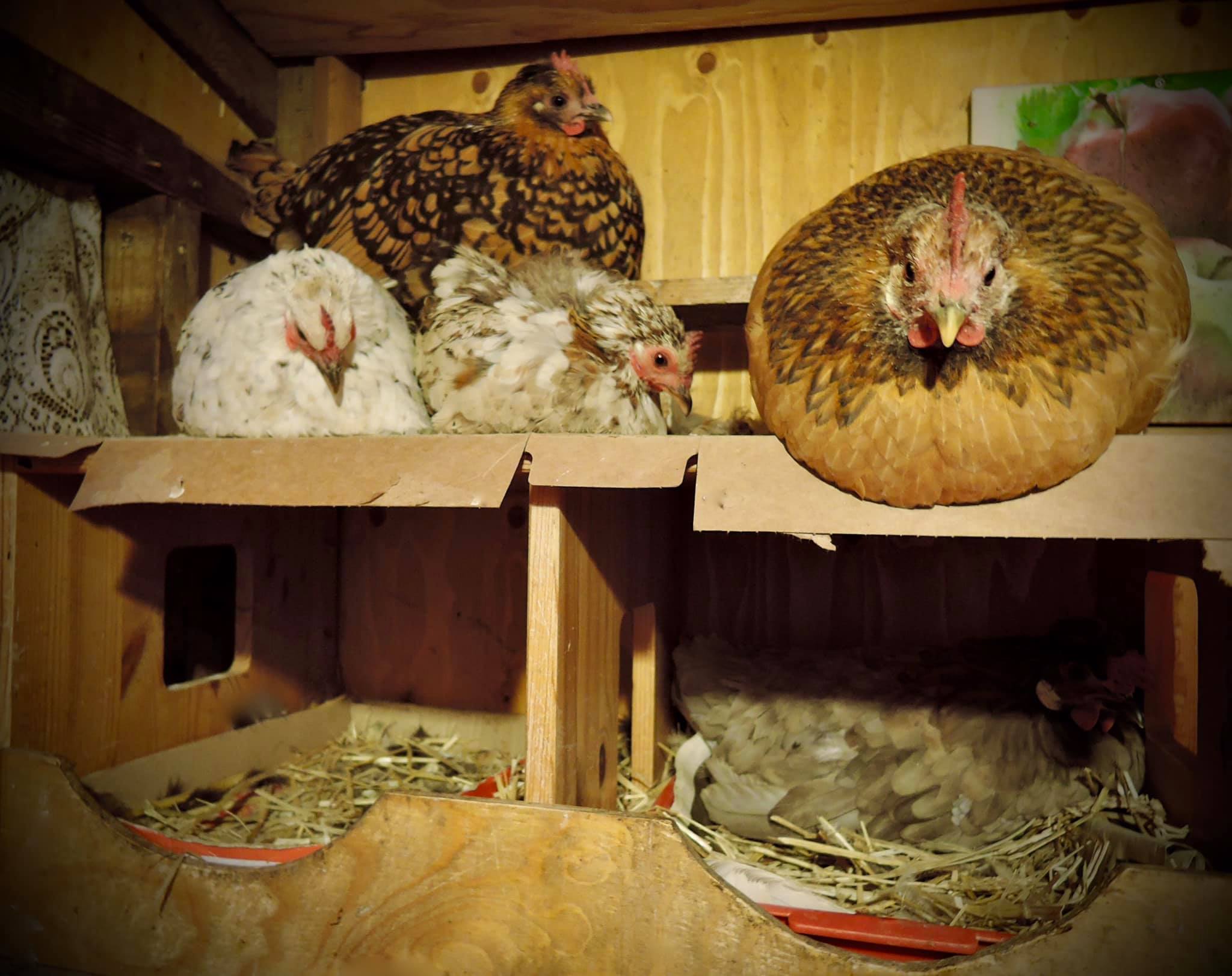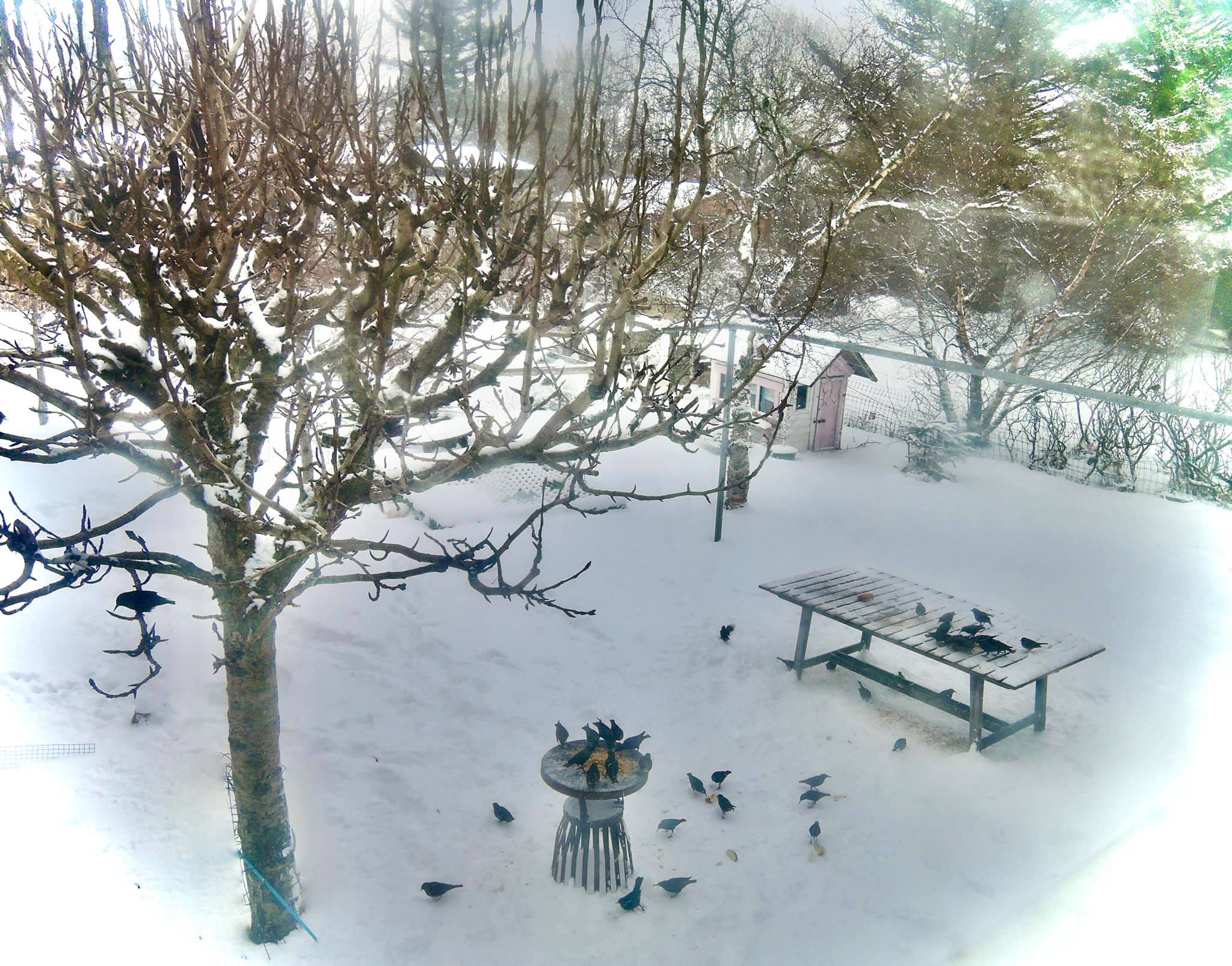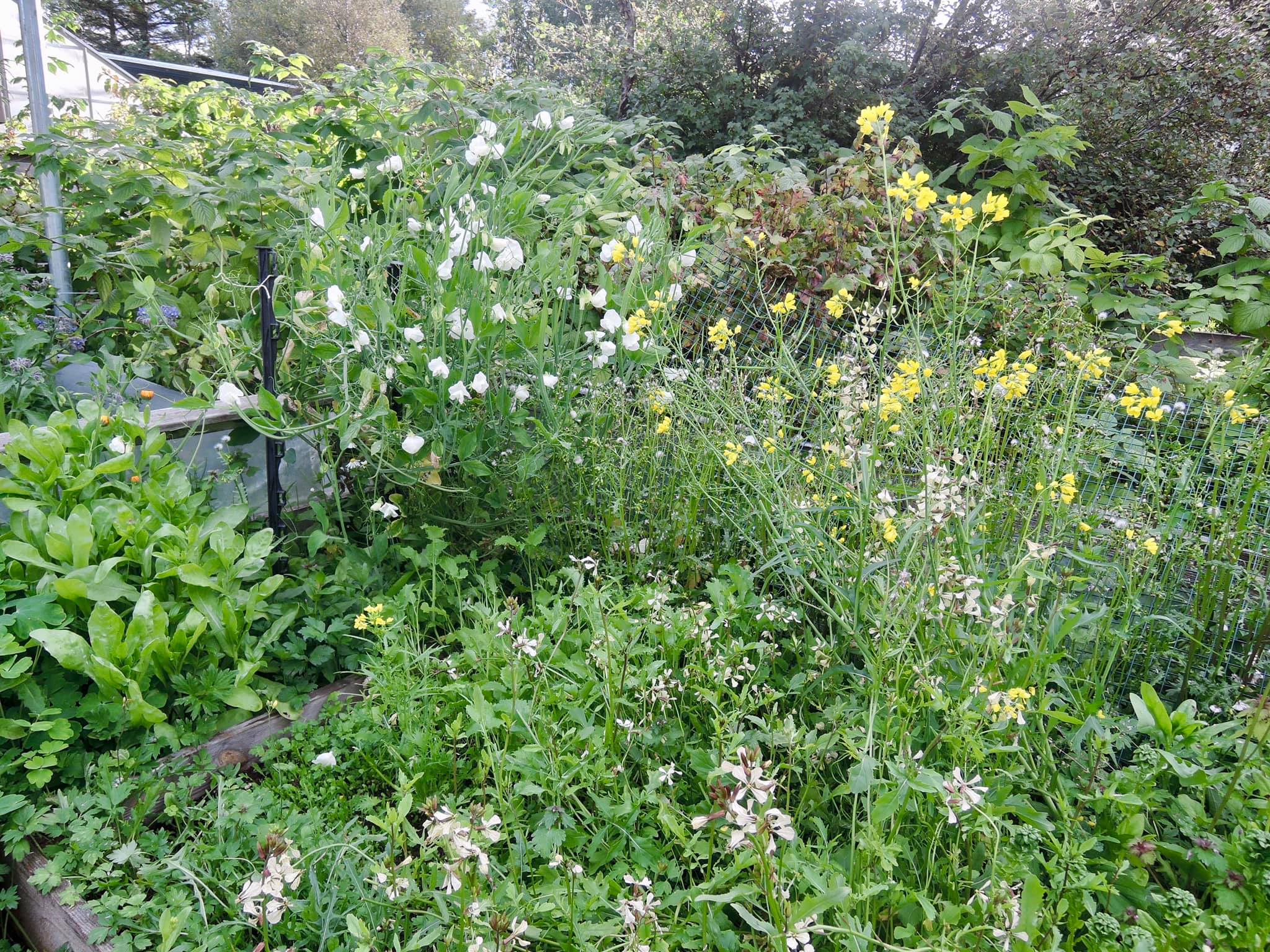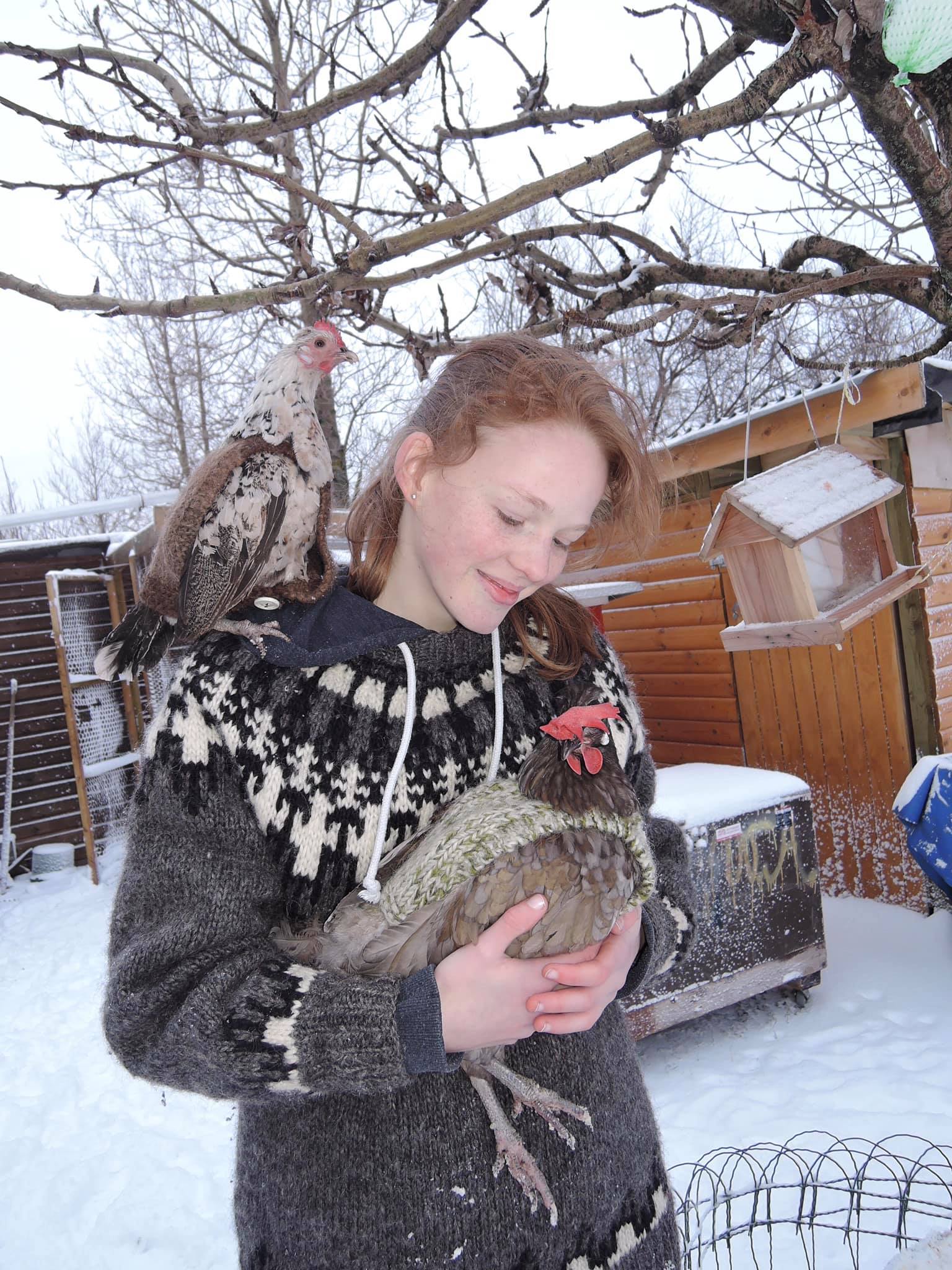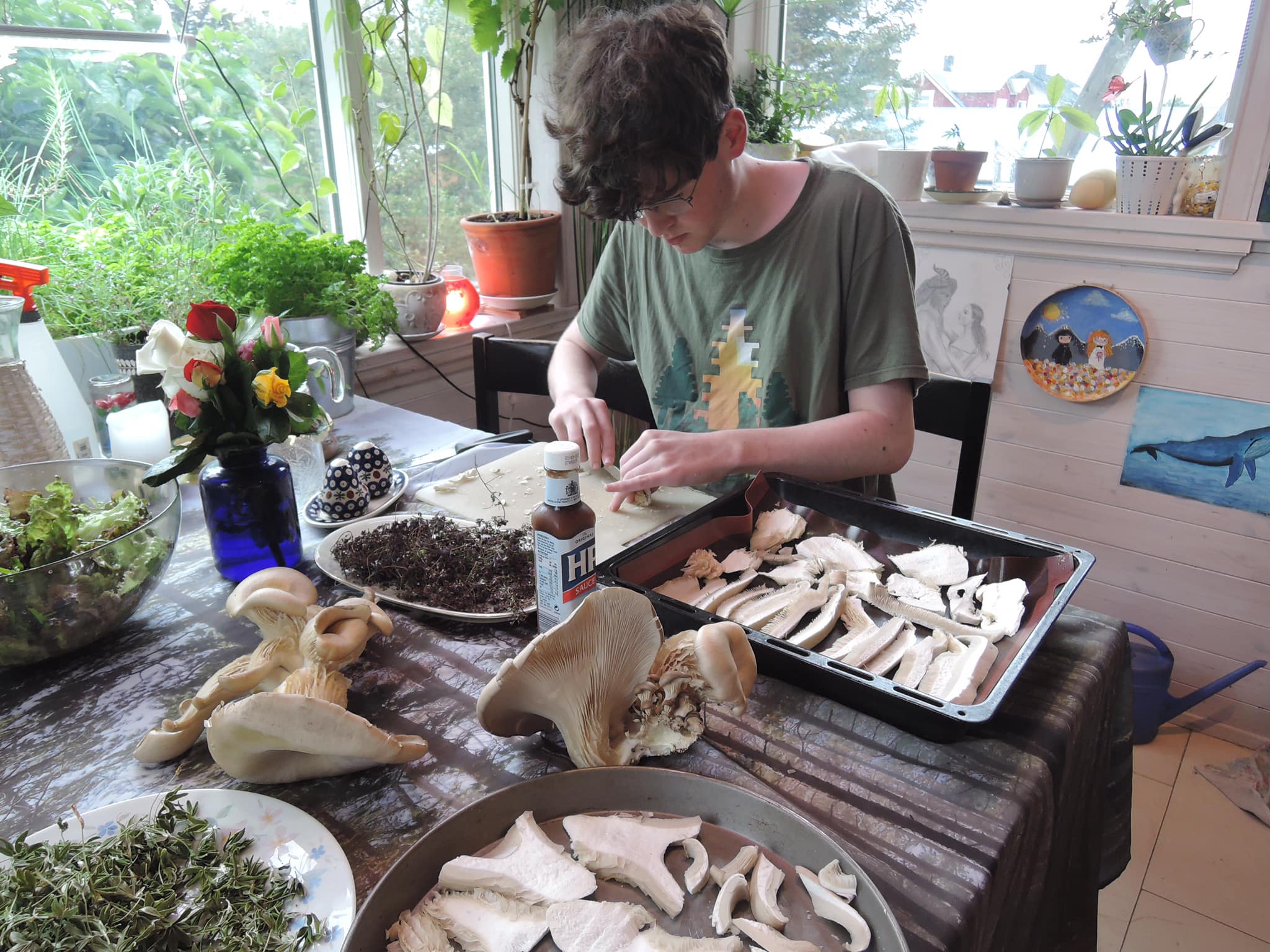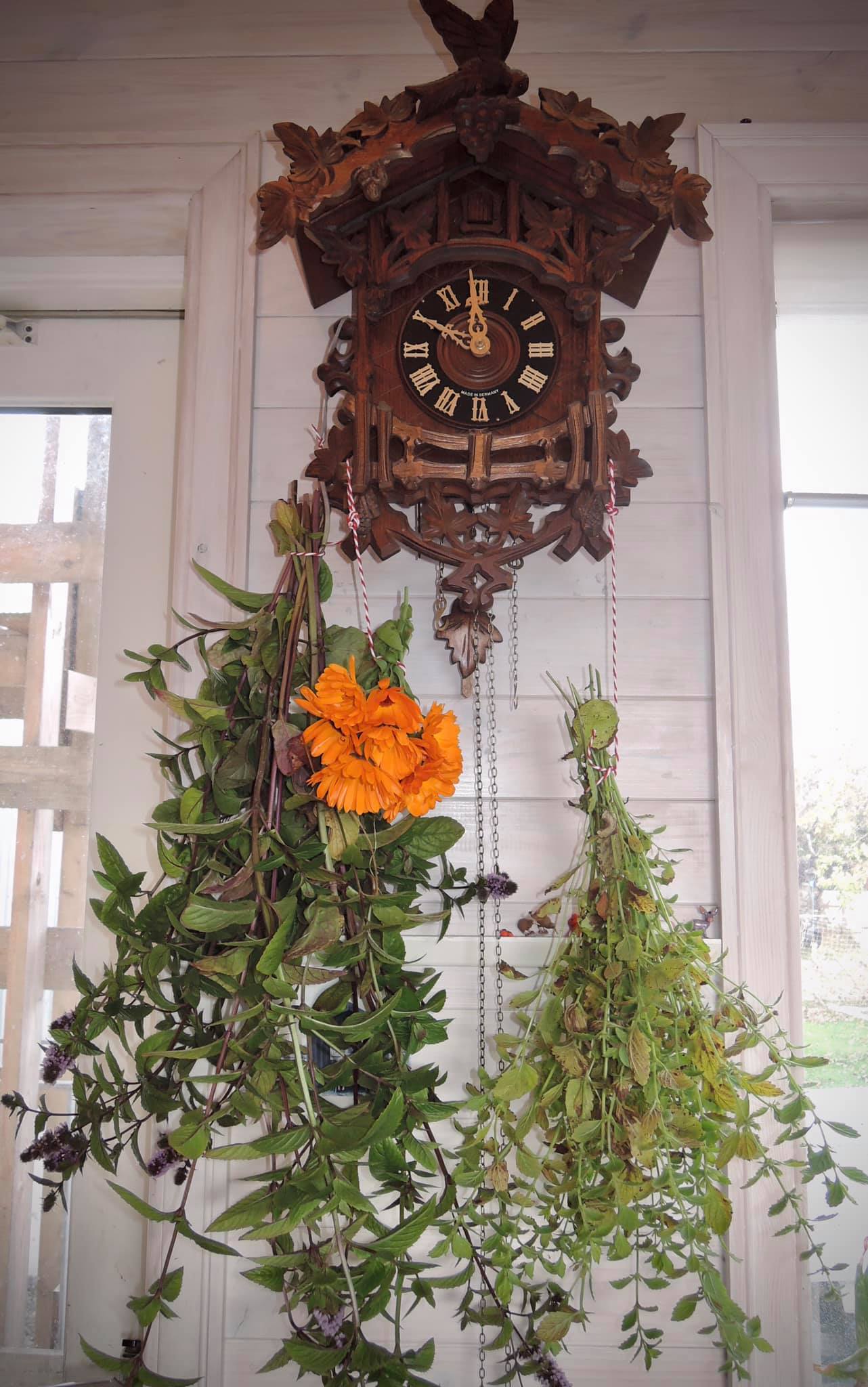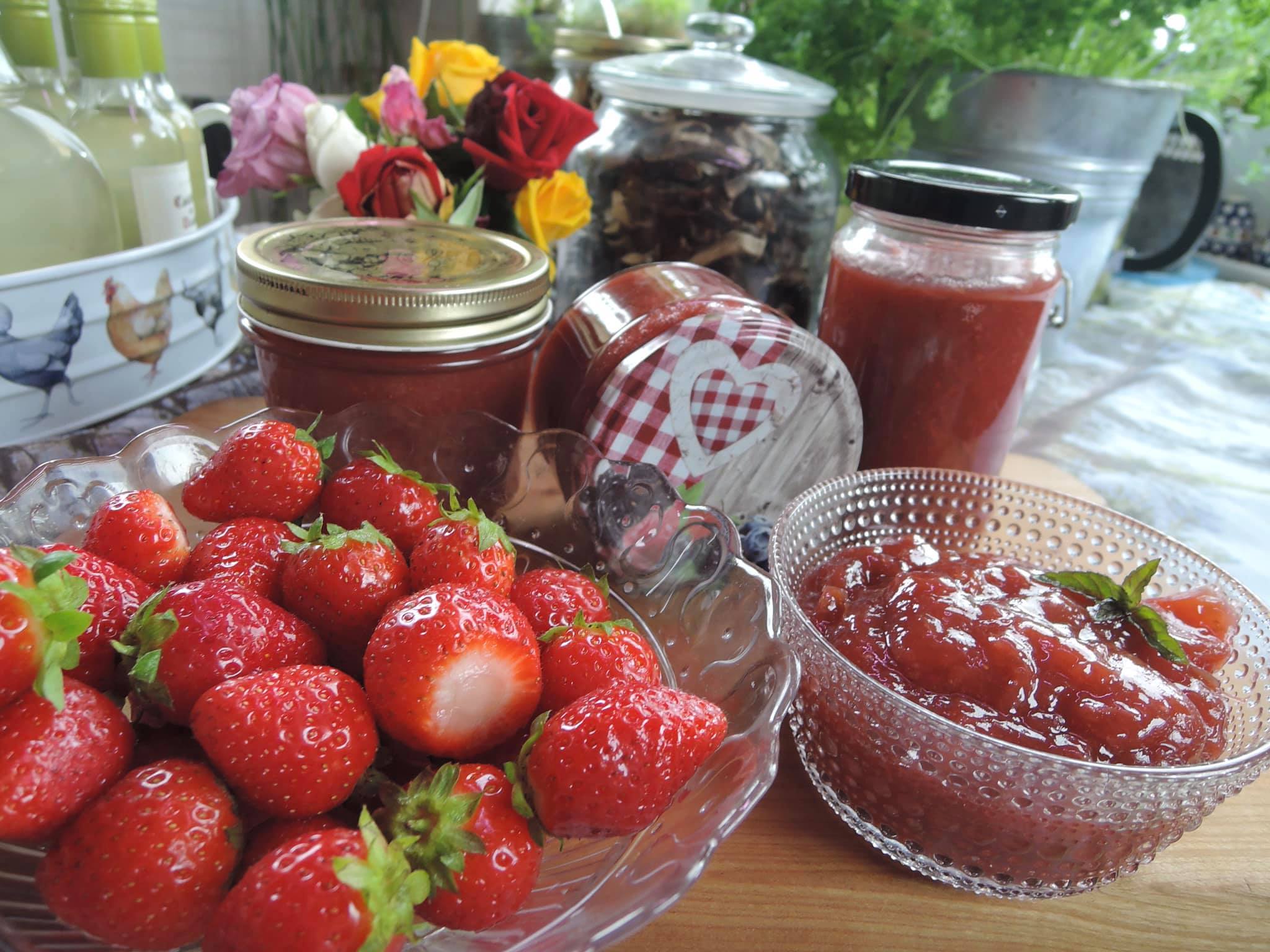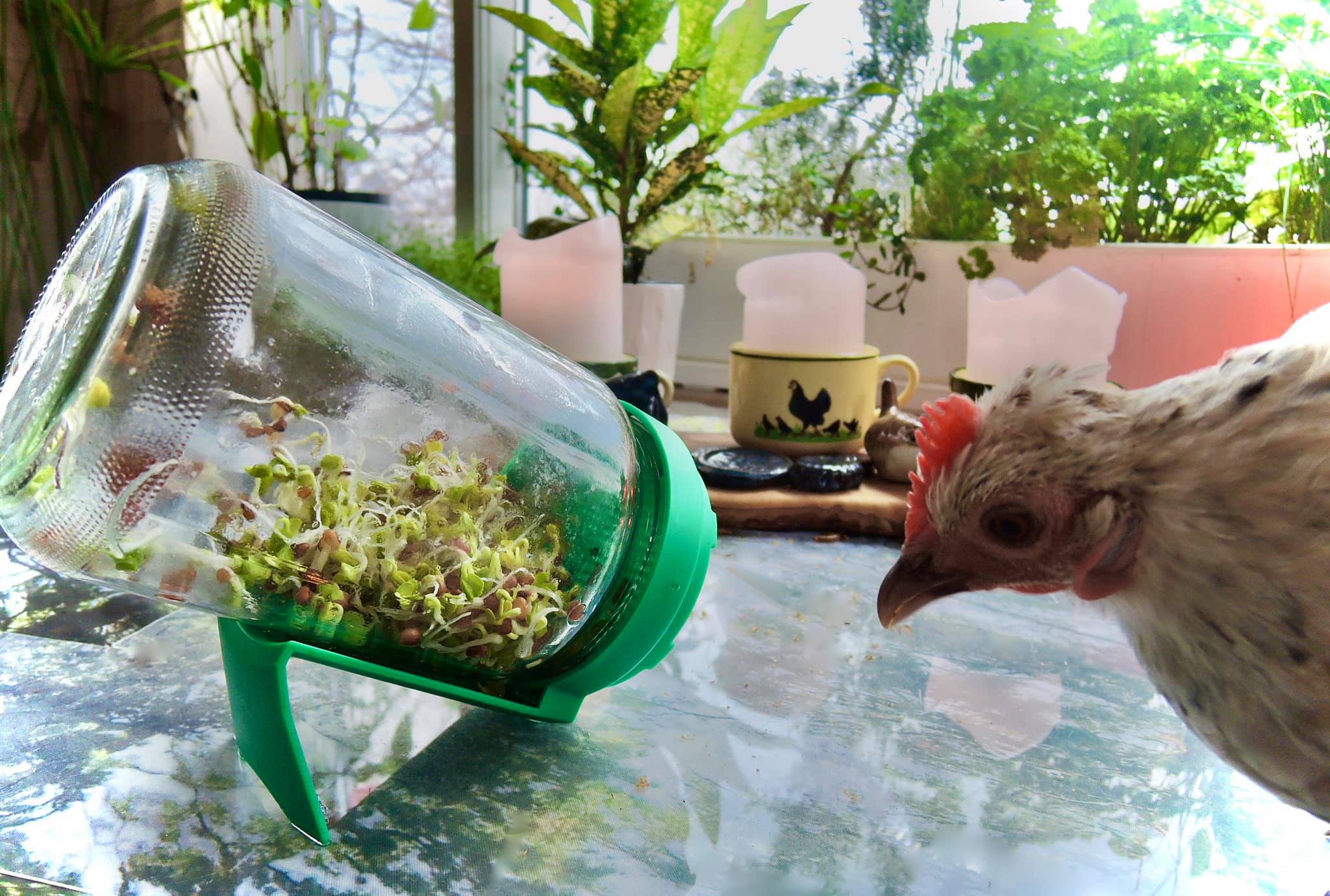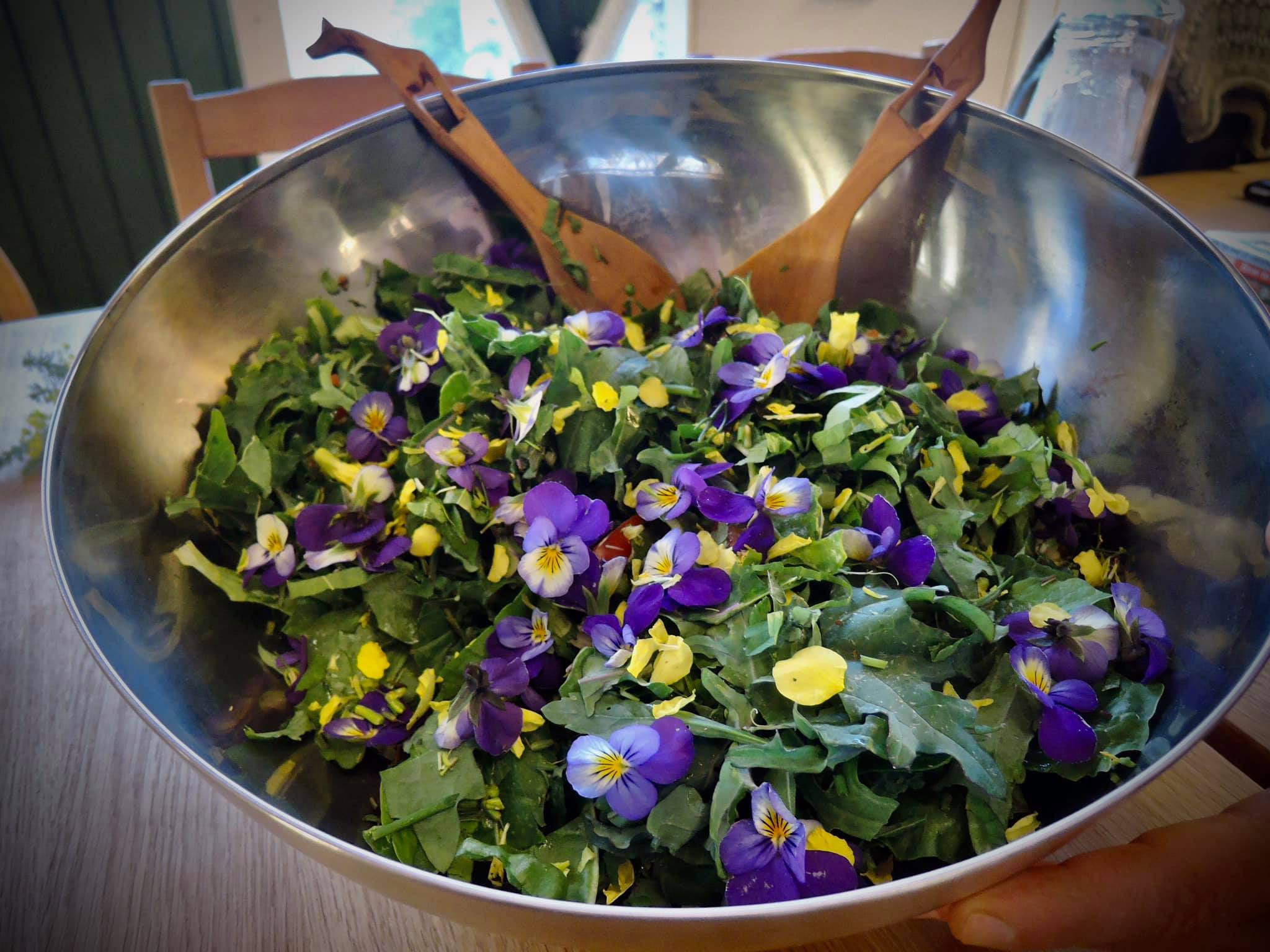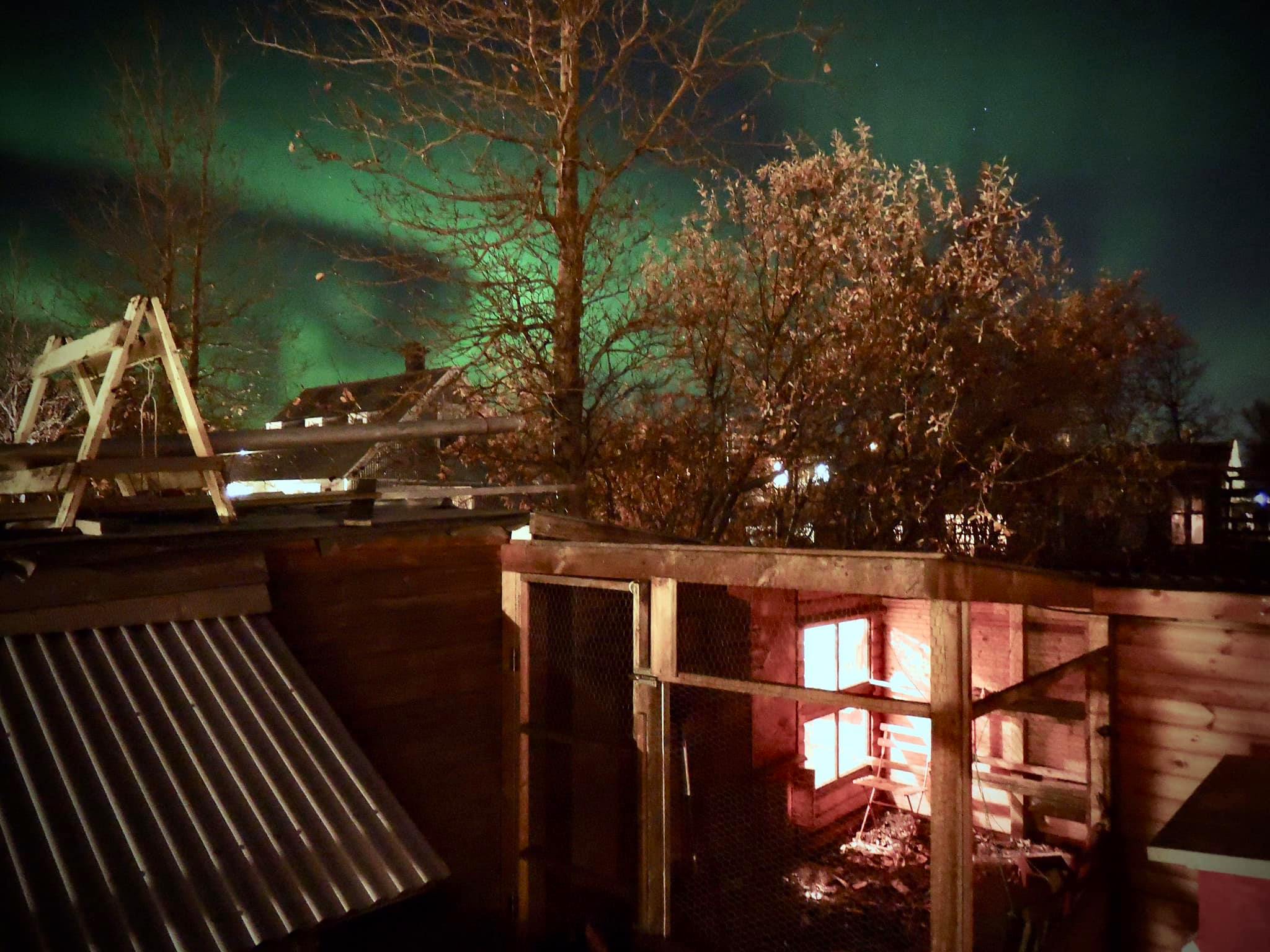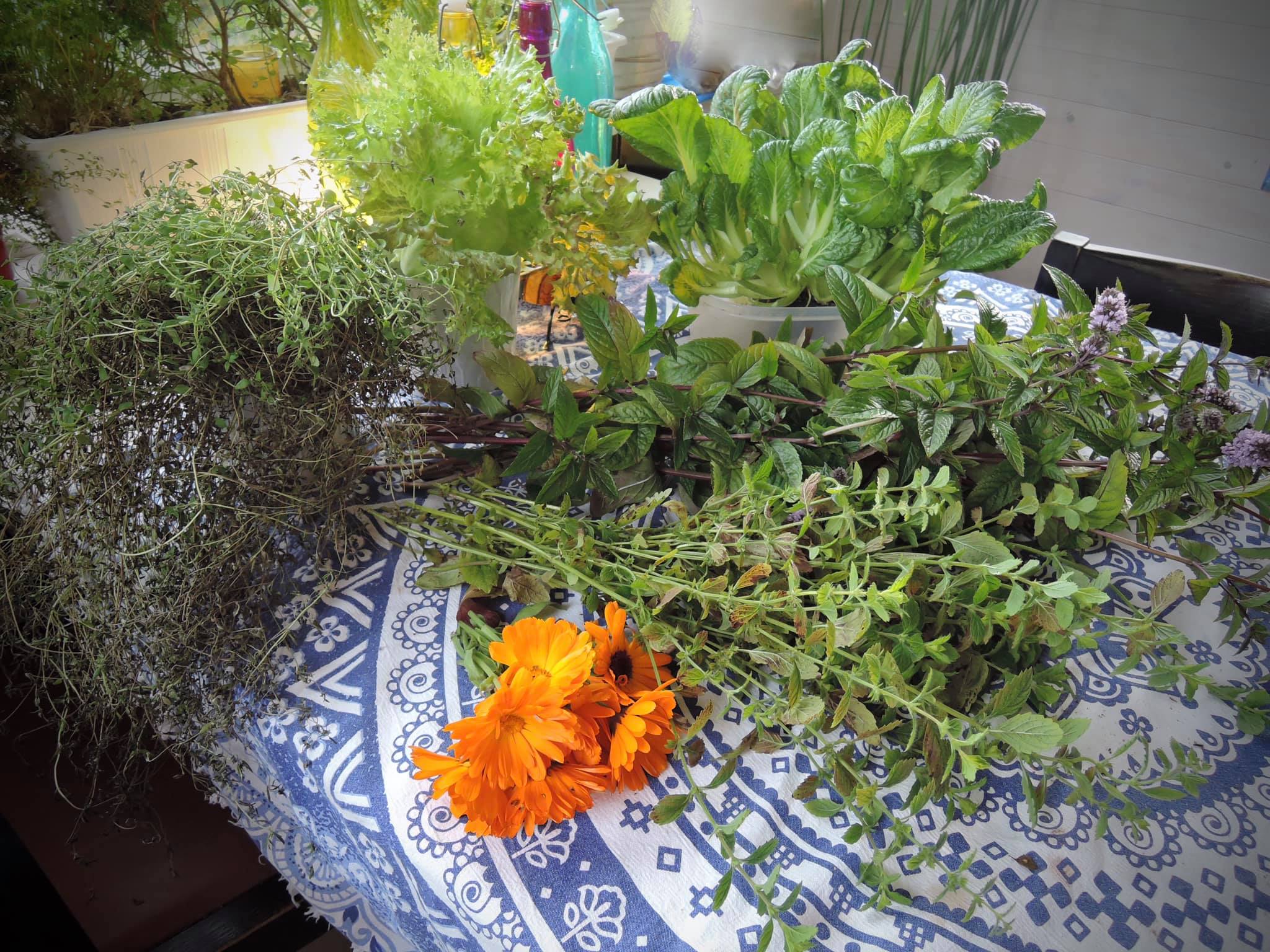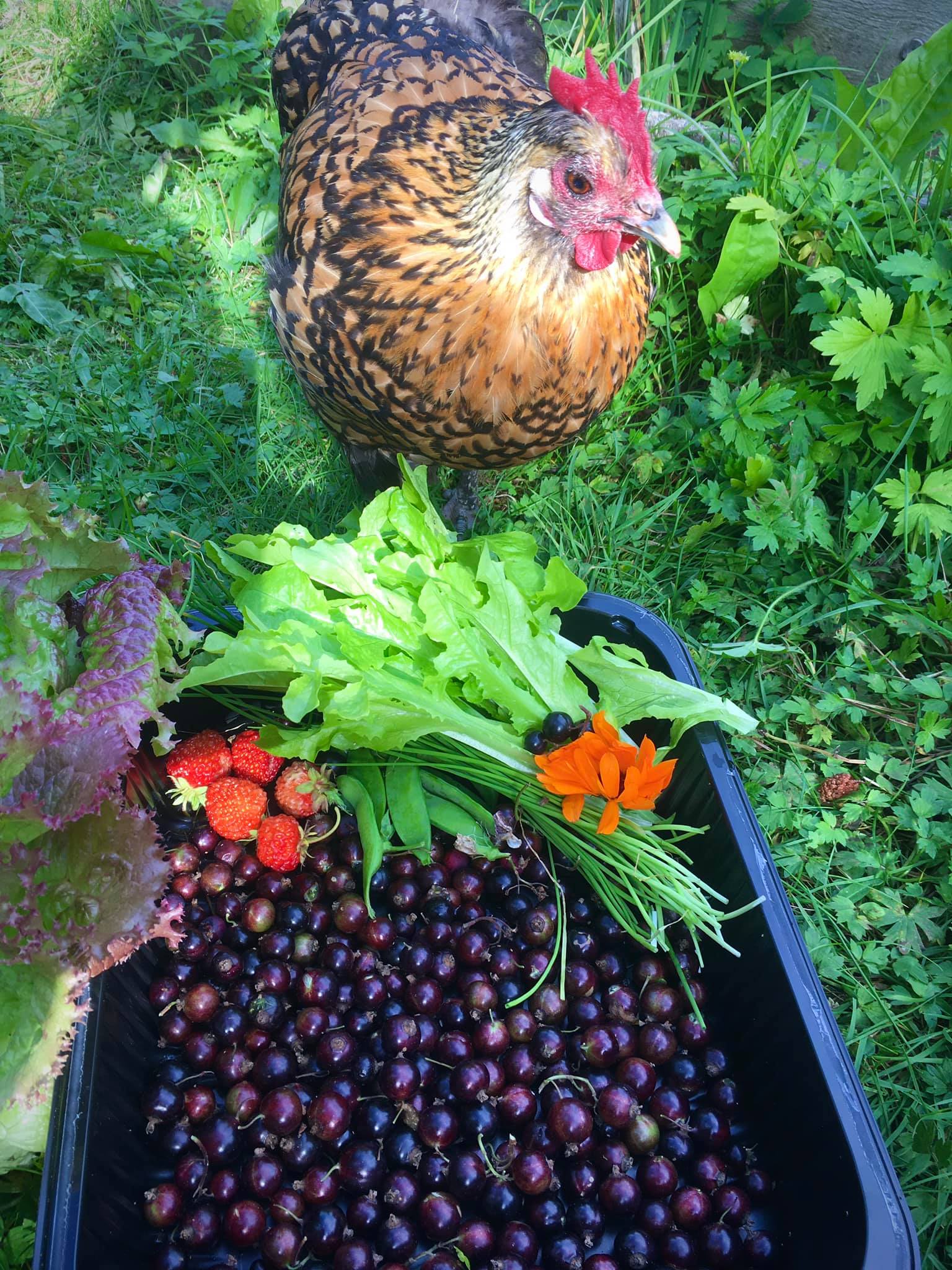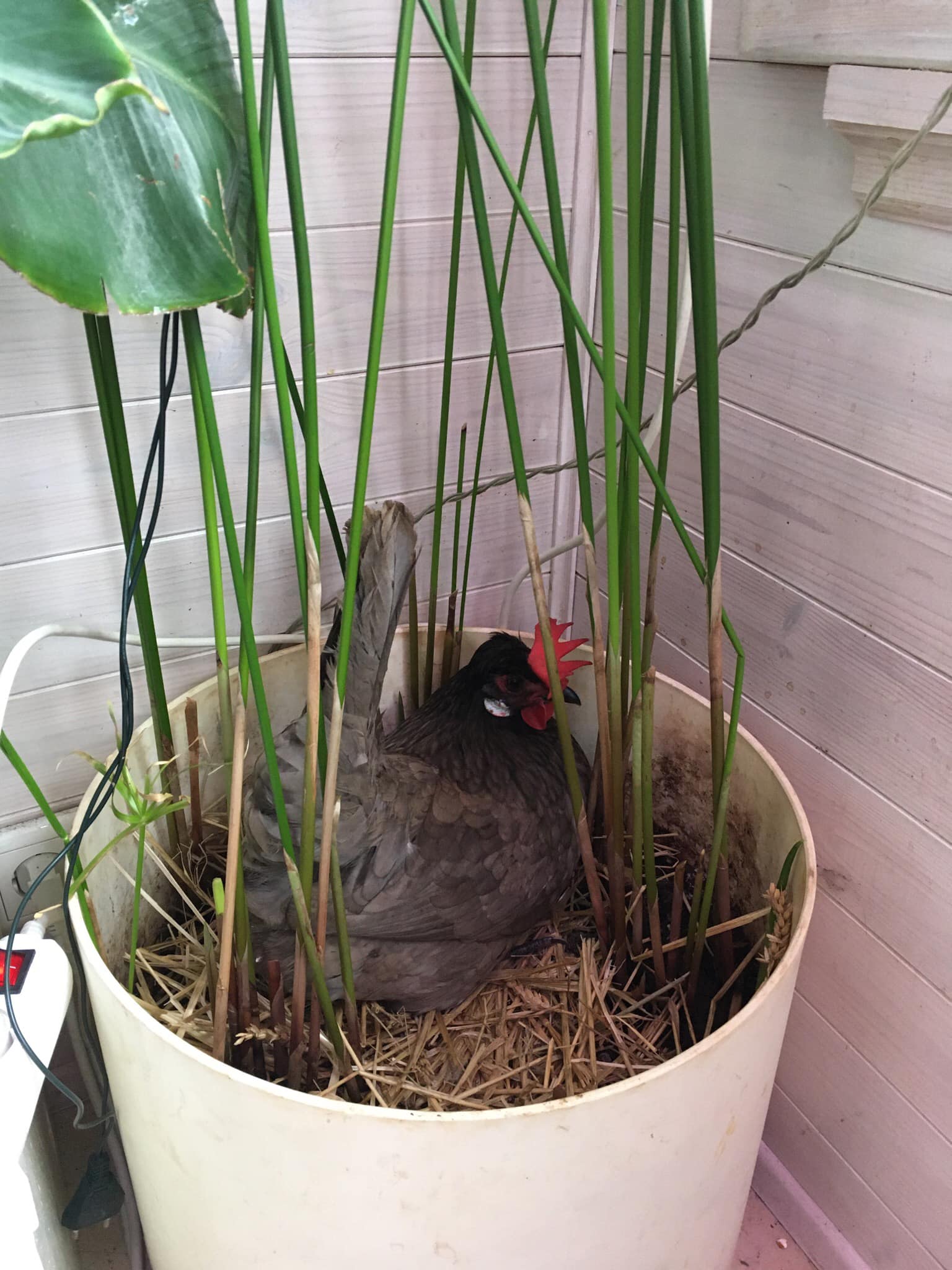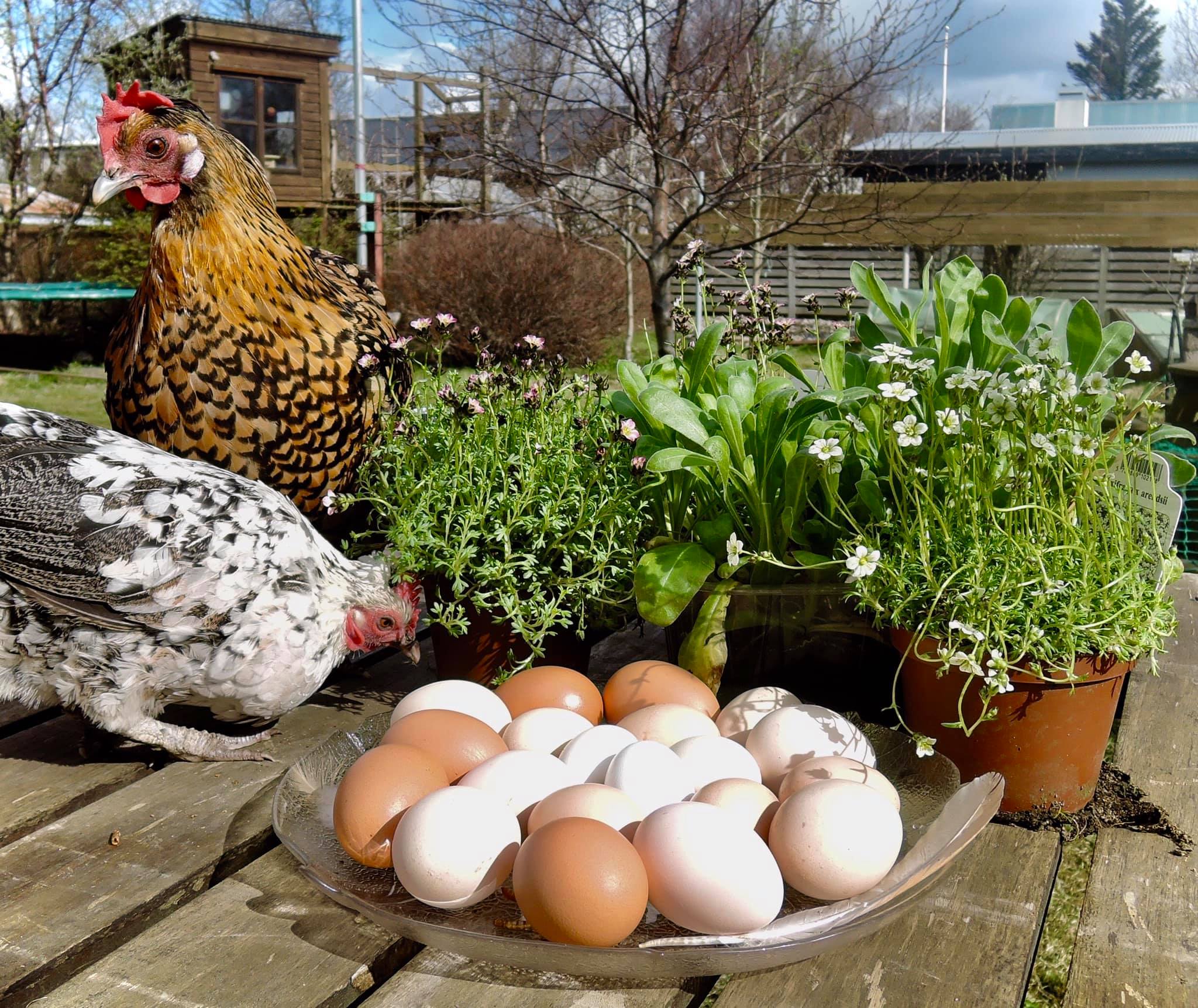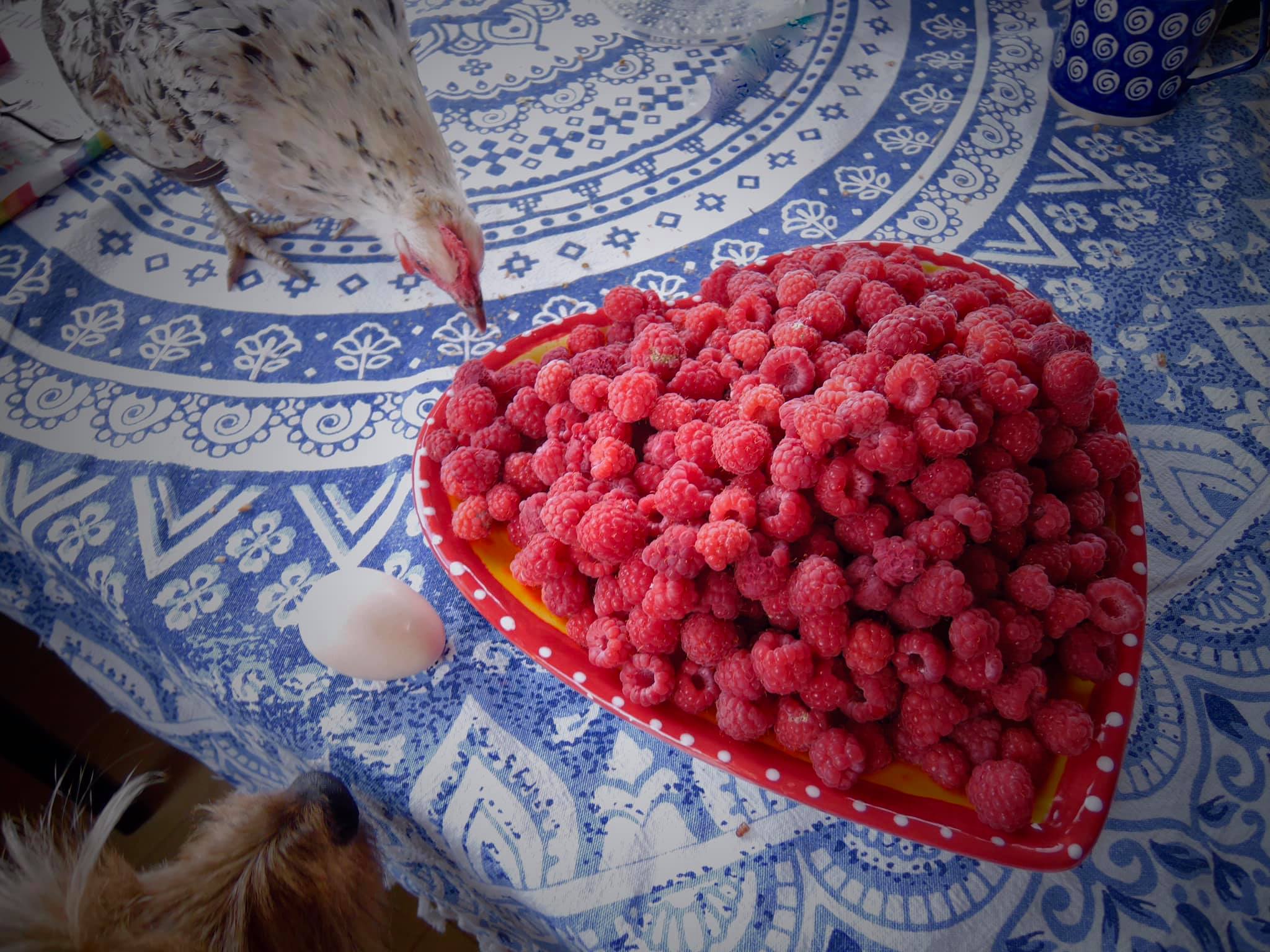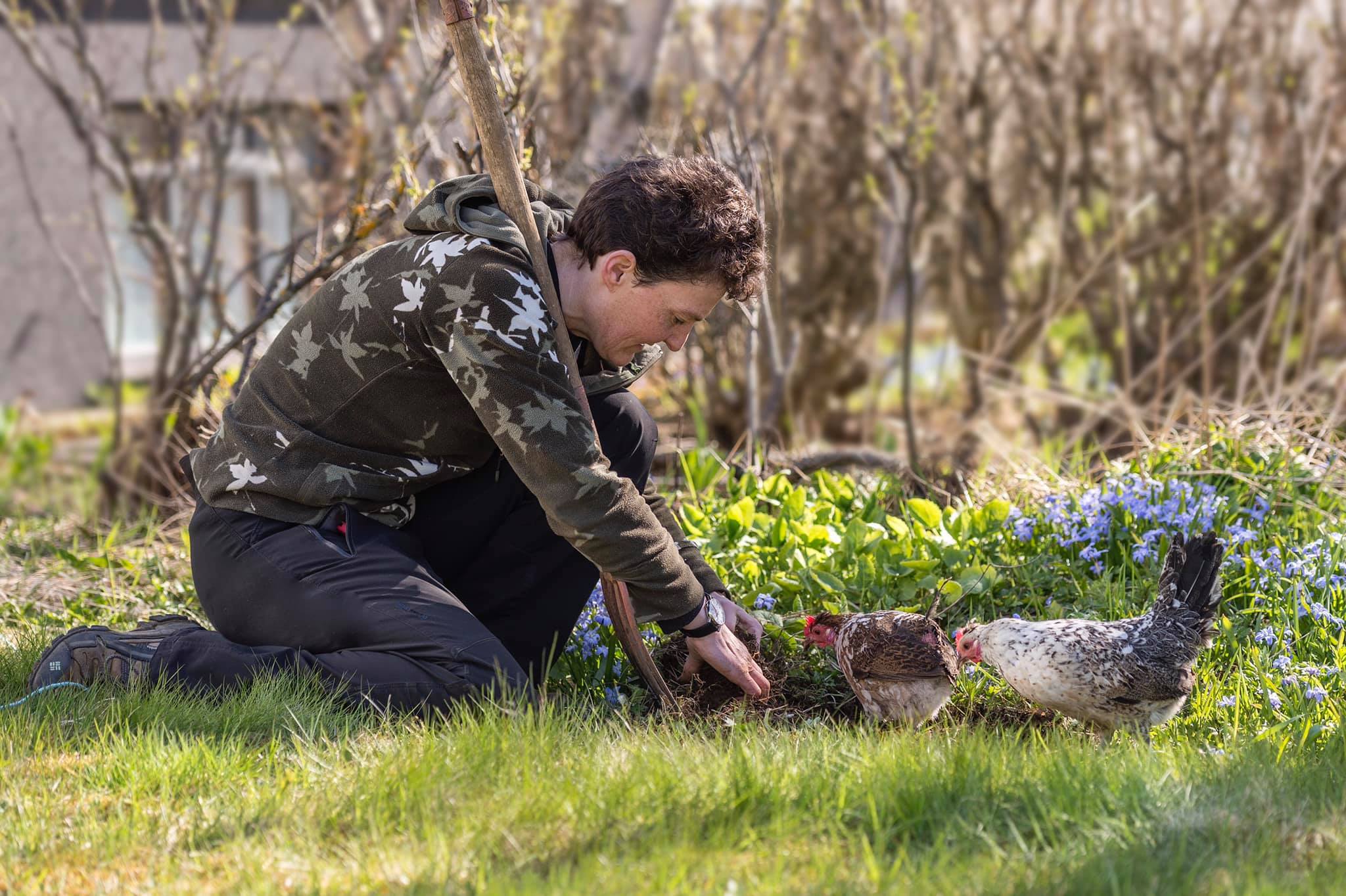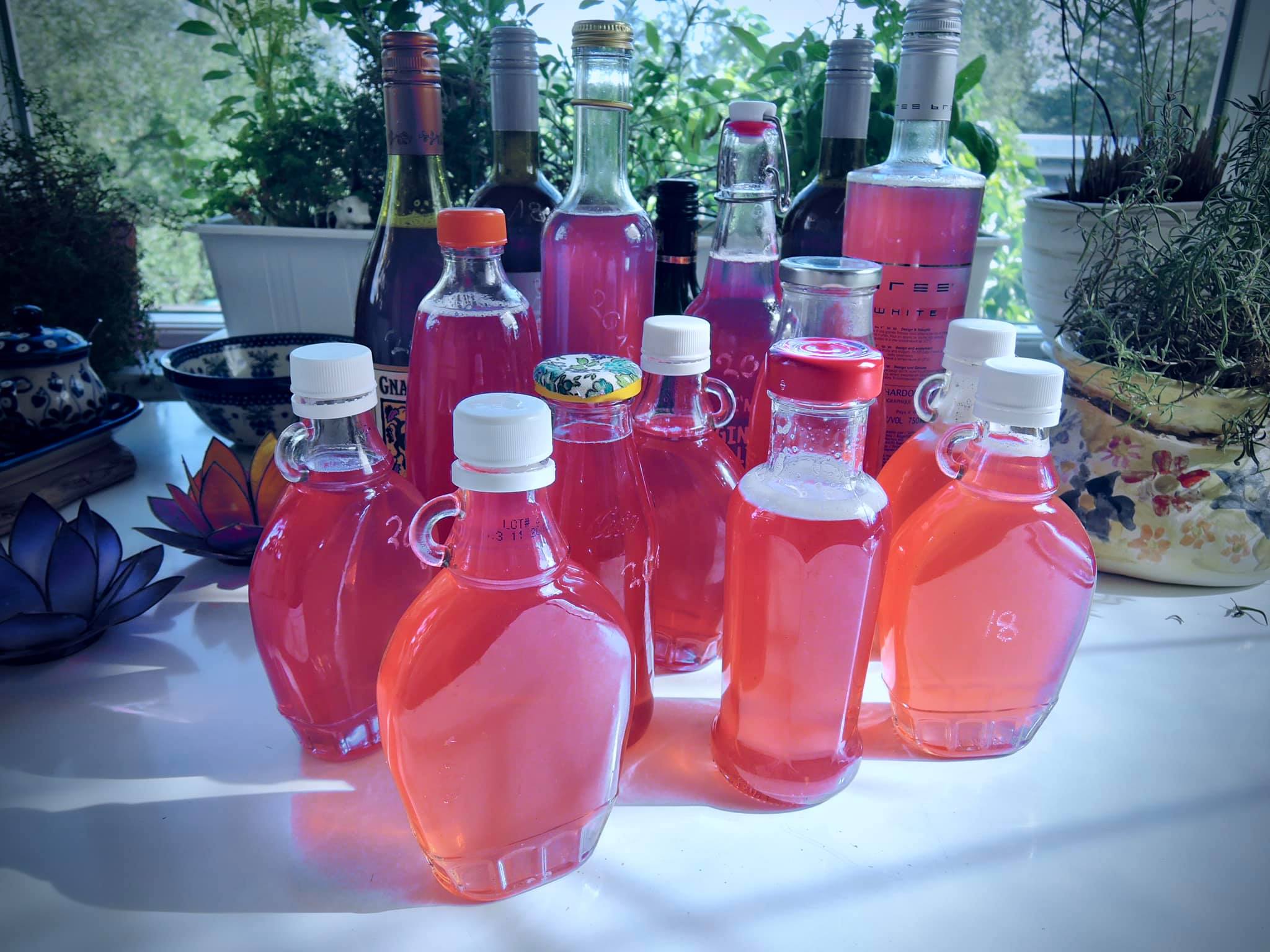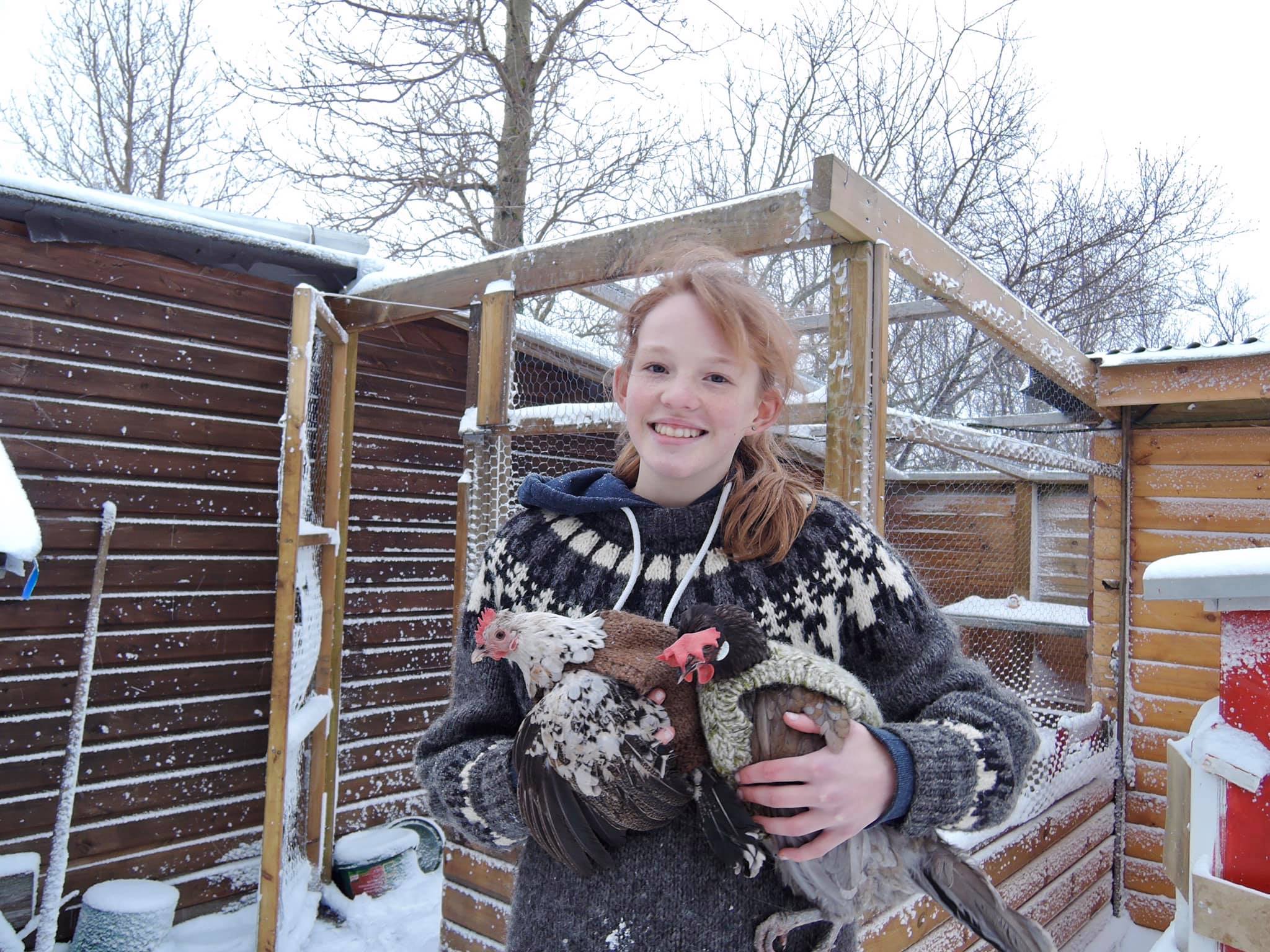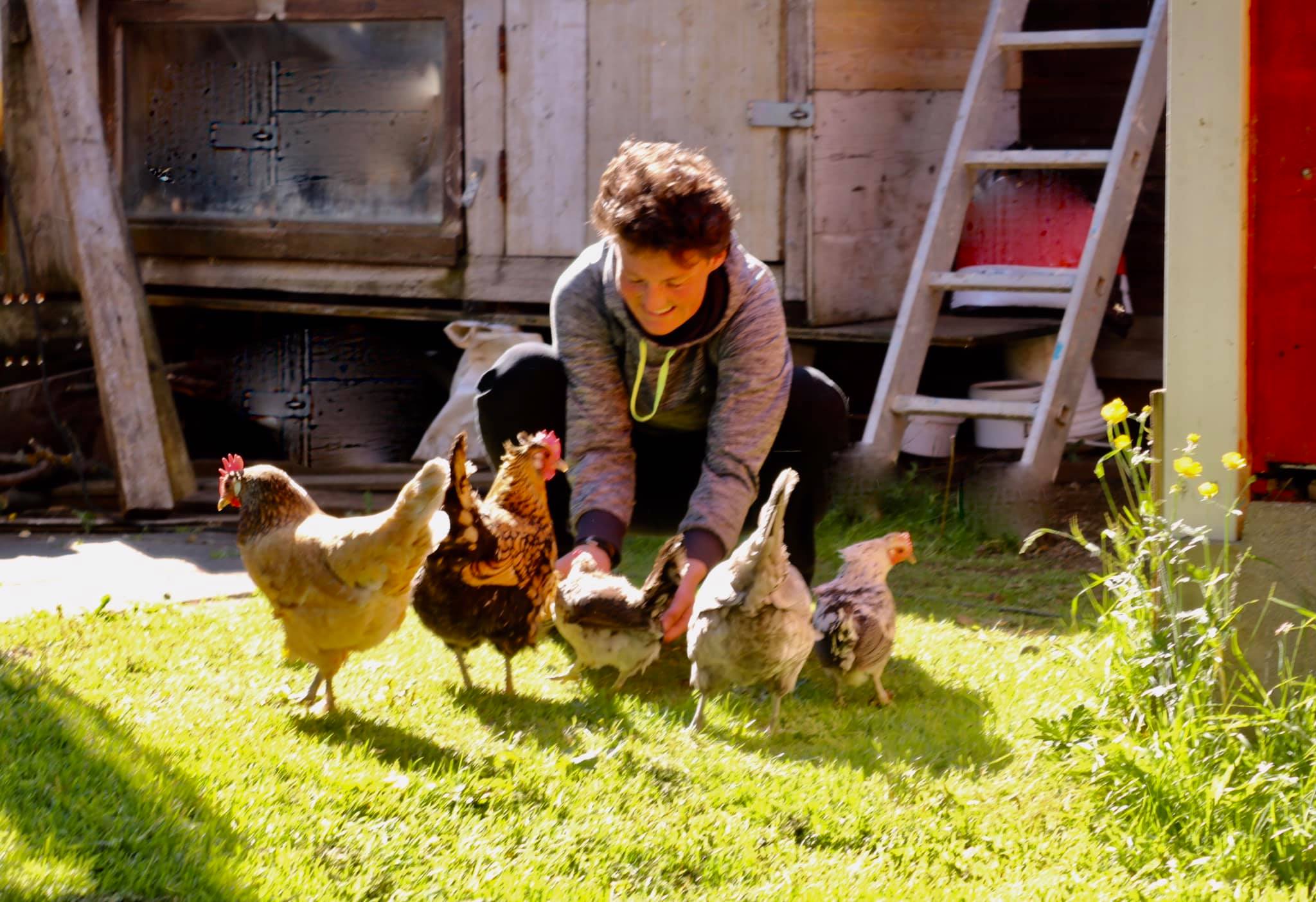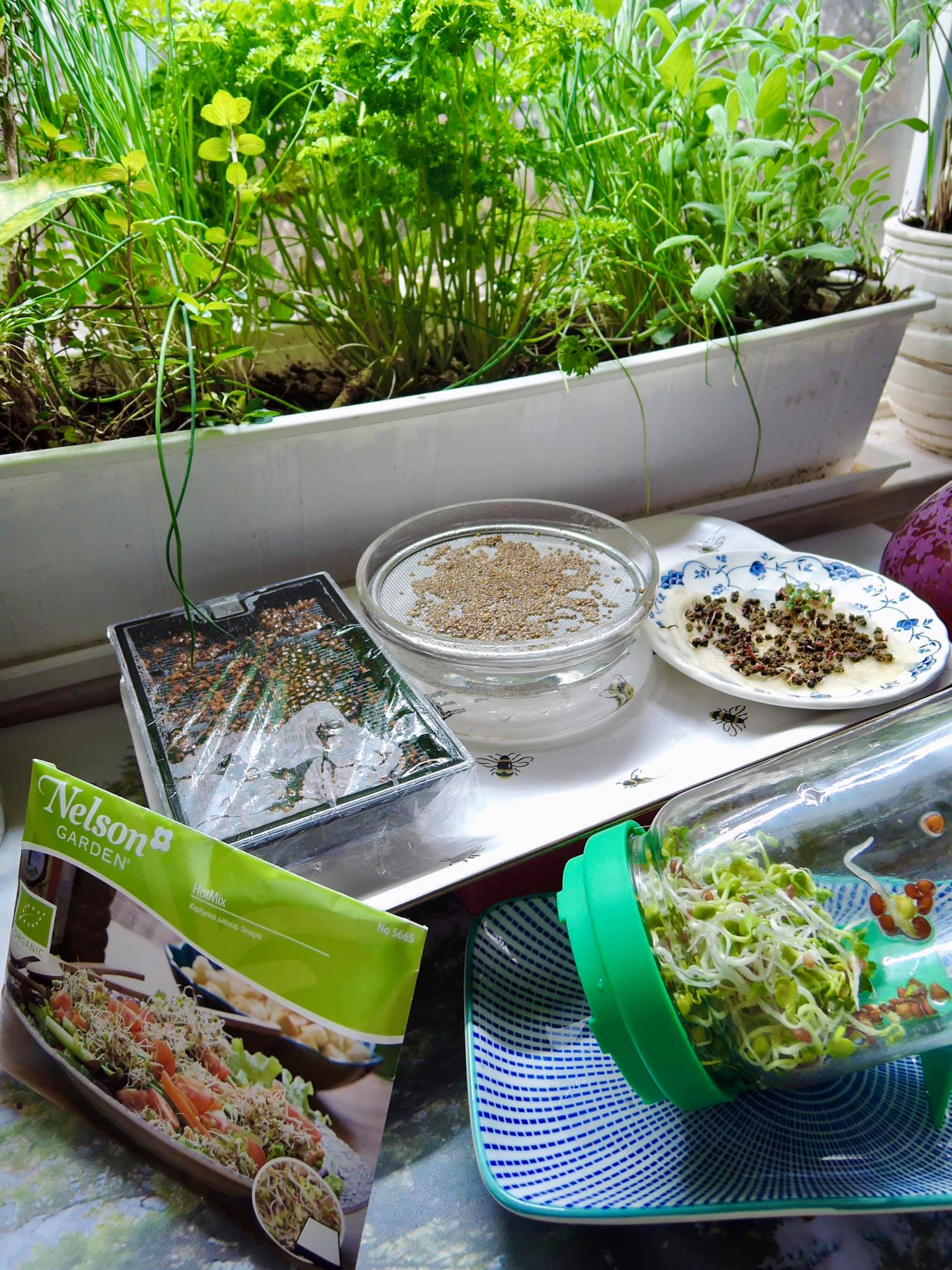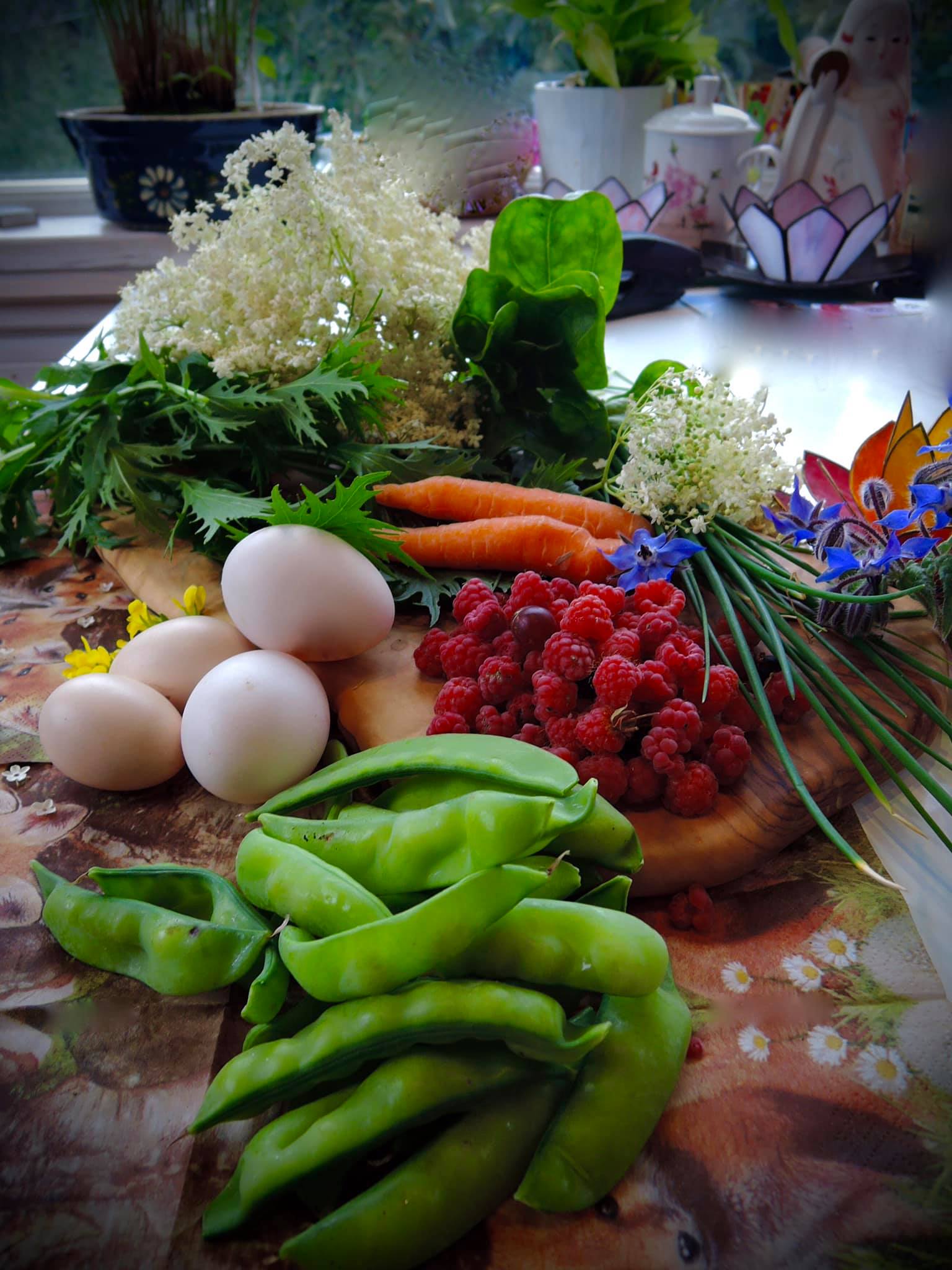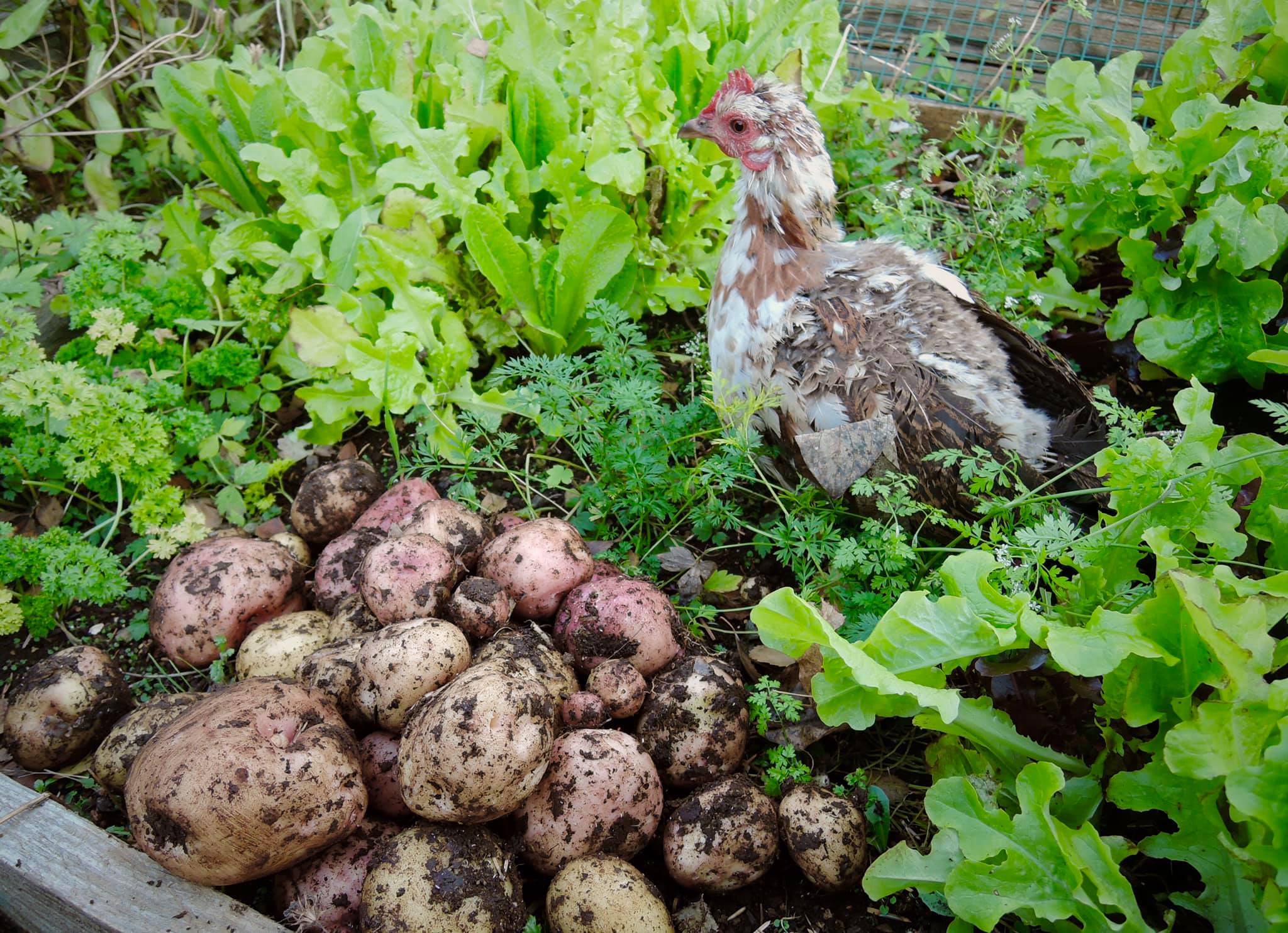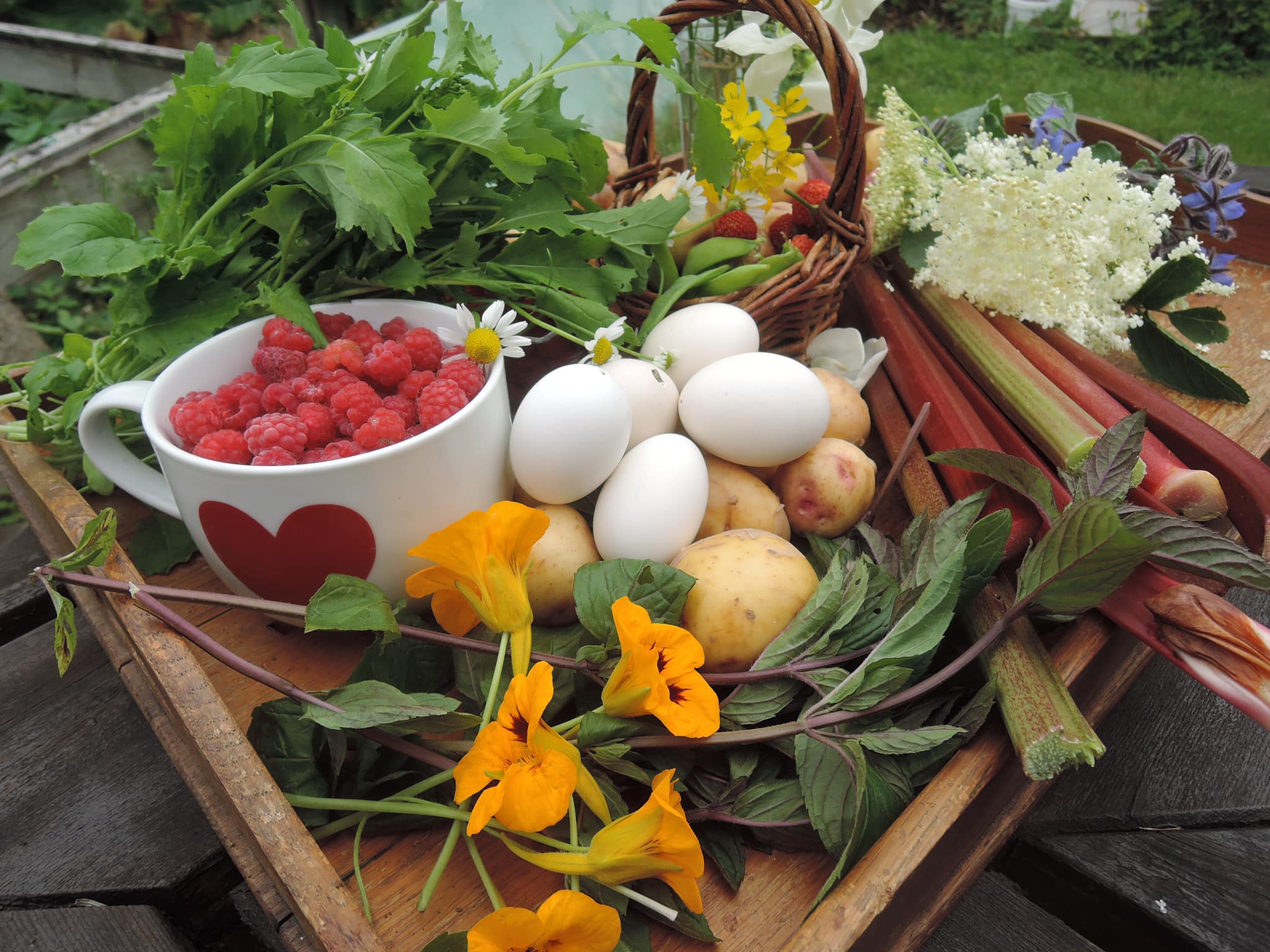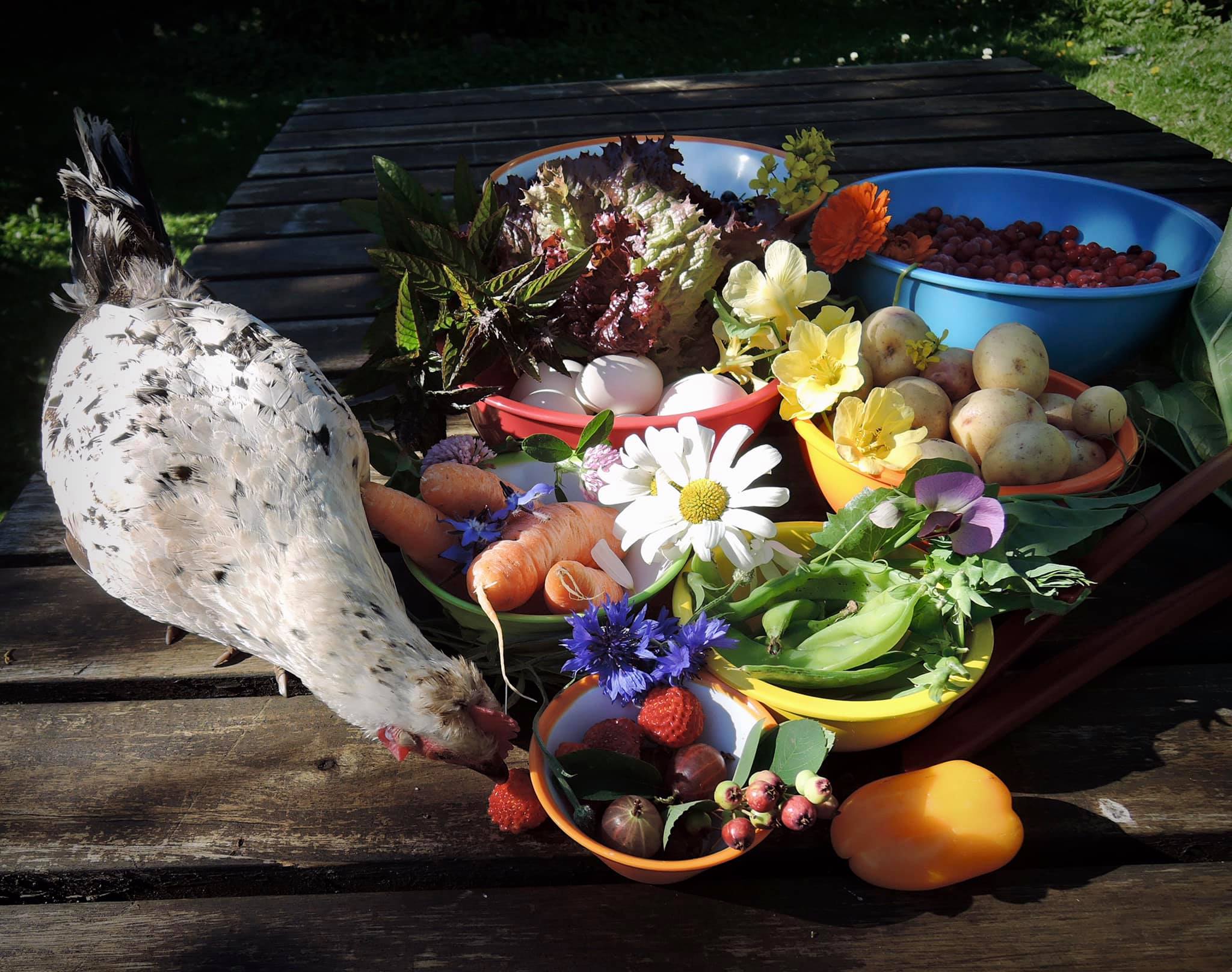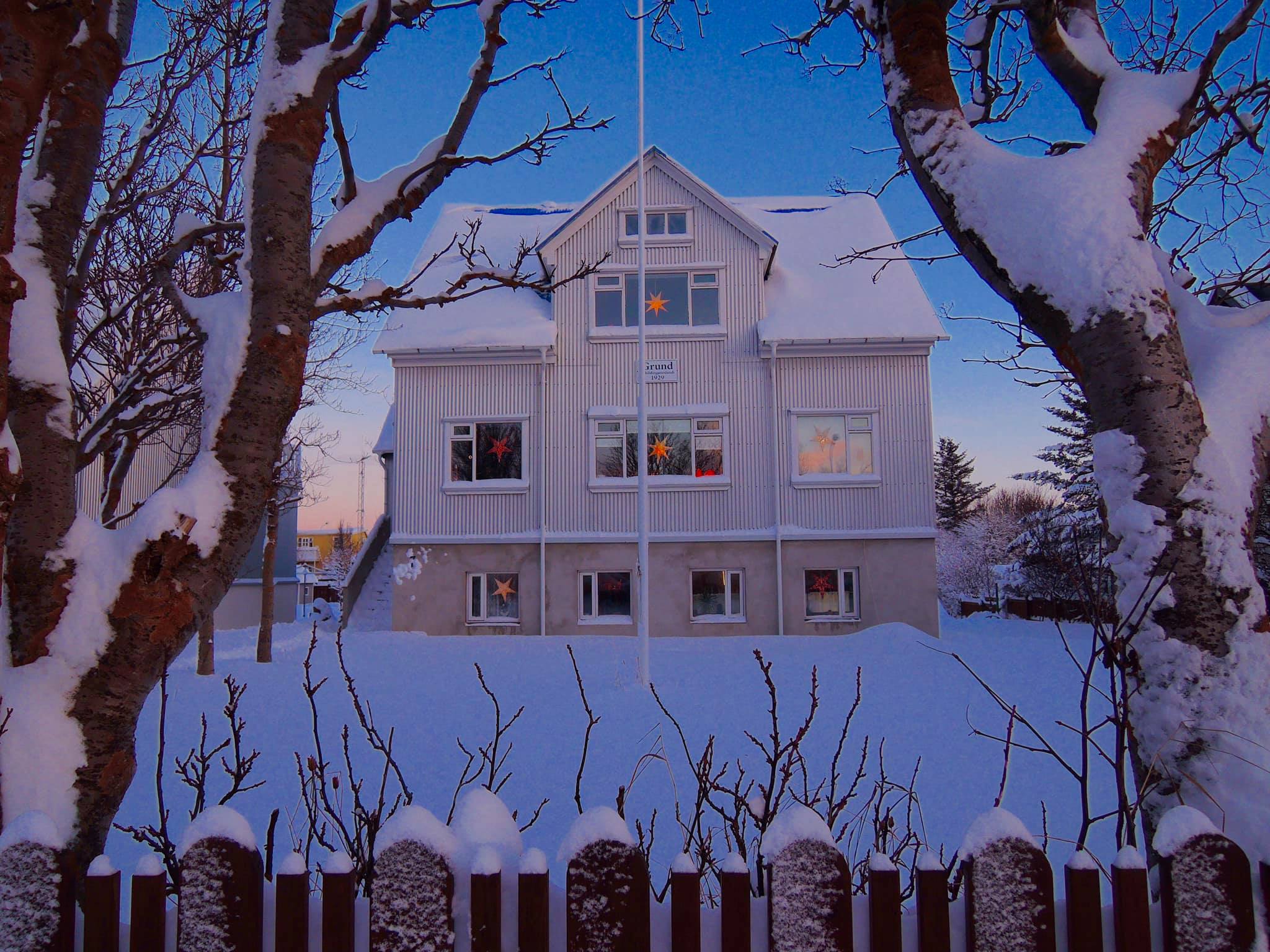
Meet Arianne from Iceland
(First feature from Iceland!)
“I am an outdoor person, spending a lot of time in the highlands, mountains and glaciers of Iceland, both in my free-time and in my work for the Icelandic mountain search and rescue team. In my other work, I teach children with special needs at the special school of Iceland. Working in my garden is my way to load batteries and to get over difficult rescue incidents.
Most of the vegetables and all fruits have to be imported to Iceland over very long distances, with a very bad environmental impact. Good taste and freshness are often an unfulfilled wish. I started to grow veggies after we bought an old house with a big garden in Reykjavík, years ago when my 3 children were very young. I wanted to be able to offer them fresh and 100% pesticide-free food and involve them in planting and observing life circles.
That has worked out very well: already 2 of the children are today studying nature science at the university. Furthermore, my boy was the youngest person in Iceland ever to learn to keep bees. He has 2 beehives in our garden. He is also growing edible mushrooms.
We live in Reykjavík, the capital of Iceland. Iceland is an island country in the North Atlantic ocean, east of Greenland and immediately south of the Arctic Circle. In summer we have daylight 24 hours and in winter the days are short and dark. Our garden is 1000 m2. Beside the vegetables, we have bees and a small group of hens around the house. Our hens are very tame and one of them comes into the kitchen every day and lays an egg into the flower pot! Real home delivery!!
I grow a lot of wild flowers for my son’s bees. Then I have 9 different types of berry plants for example bilberries, crowberries, blueberries and brambleberries. There is a lot of Rhubarb in the garden, potatoes, herbs, herbal tea plants, beans and many types of salad.
I have no need for pest management here because luckily, many vegetable destroying species have not made it to Iceland yet. I do make my own soil with composting and by using the chicken manure.
Some plants and seeds I find in the nature. I also keep seeds between the years and some are from the store or from gardening friends.
What makes outdoor food growing in Iceland difficult is, how short the summers are here in the north and how long and dark the winters are. We already had frost at nights in September and sometimes we have snow in May. But the dancing northern lights over the house sure are beautiful.
It is extremely rewarding for me to work in my garden; this feeling of doing something is profoundly good. The chickens are always around me and keep me company. I love to see the plants grow, to harvest what is ready and to prepare vegetable dishes for my family and friends. I am also a member of the very small Icelandic permaculture association.
Keep calm and grow food. Especially now in 2020, the year of lockdowns. Many of us do spend more time in gardens, those places of peace and security, where even a pandemic cannot harm us.”
Arianne has also included some pictures of beautiful Iceland, her rescue work and winter photos of the house and garden to show what impact the cold has on gardening.
